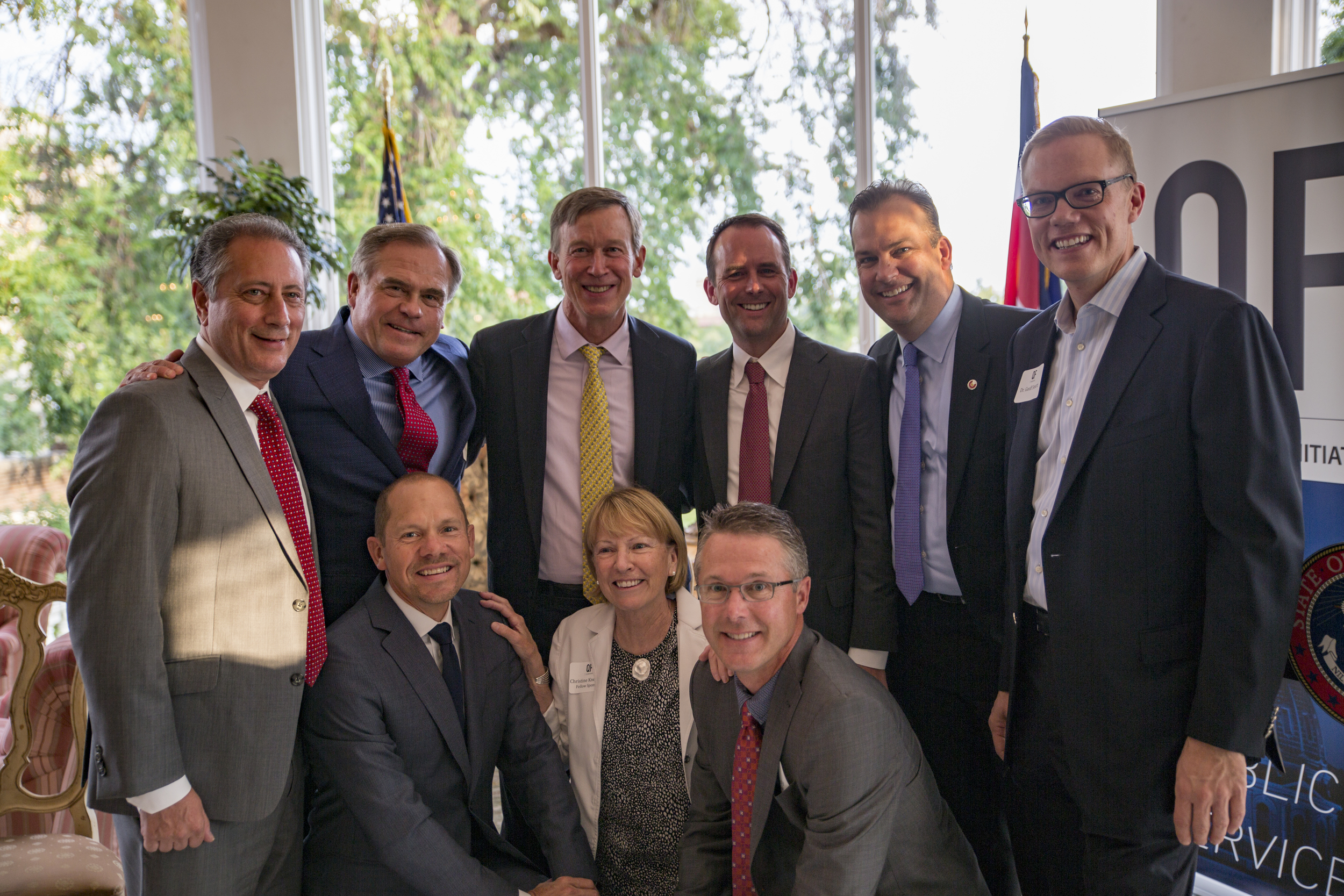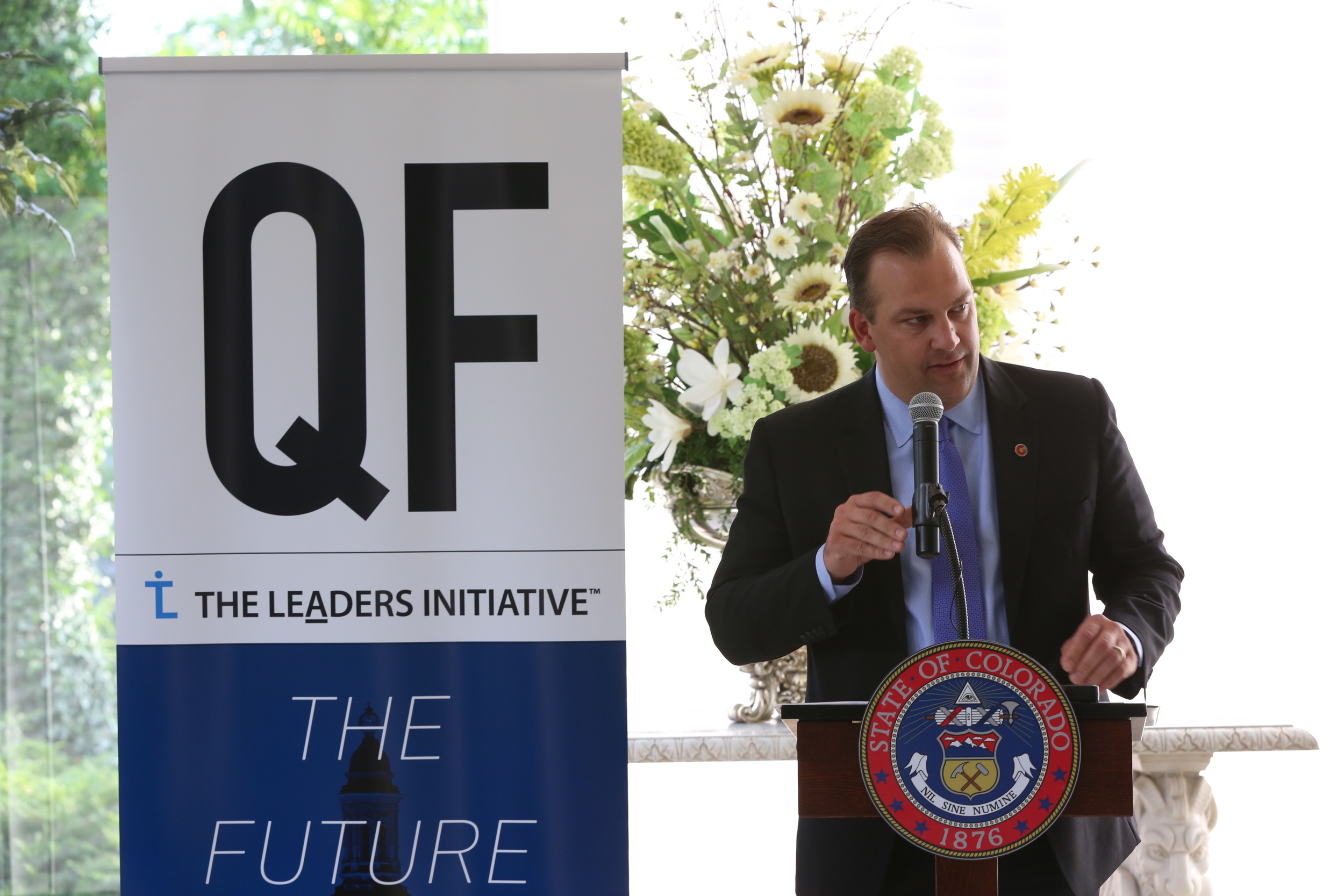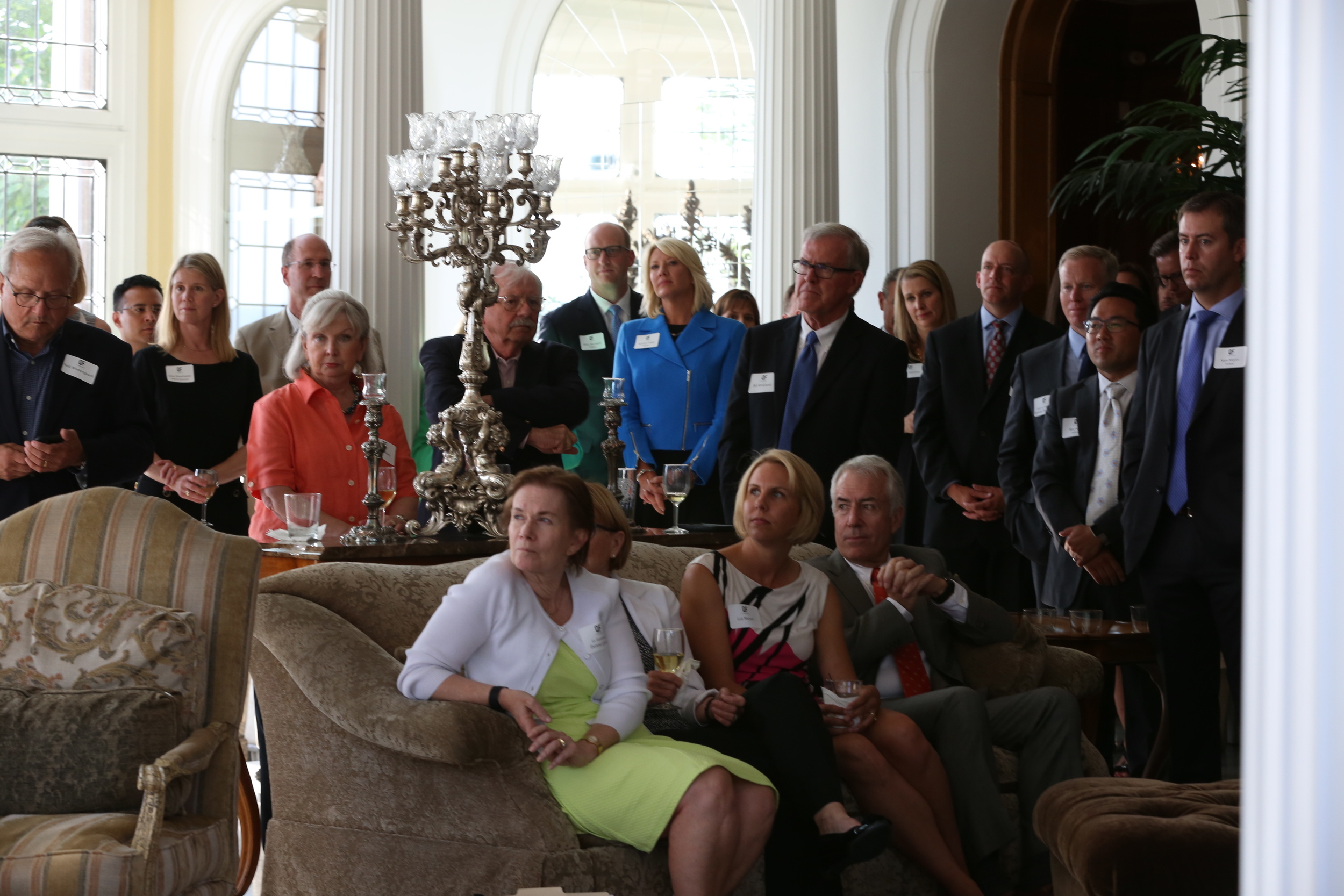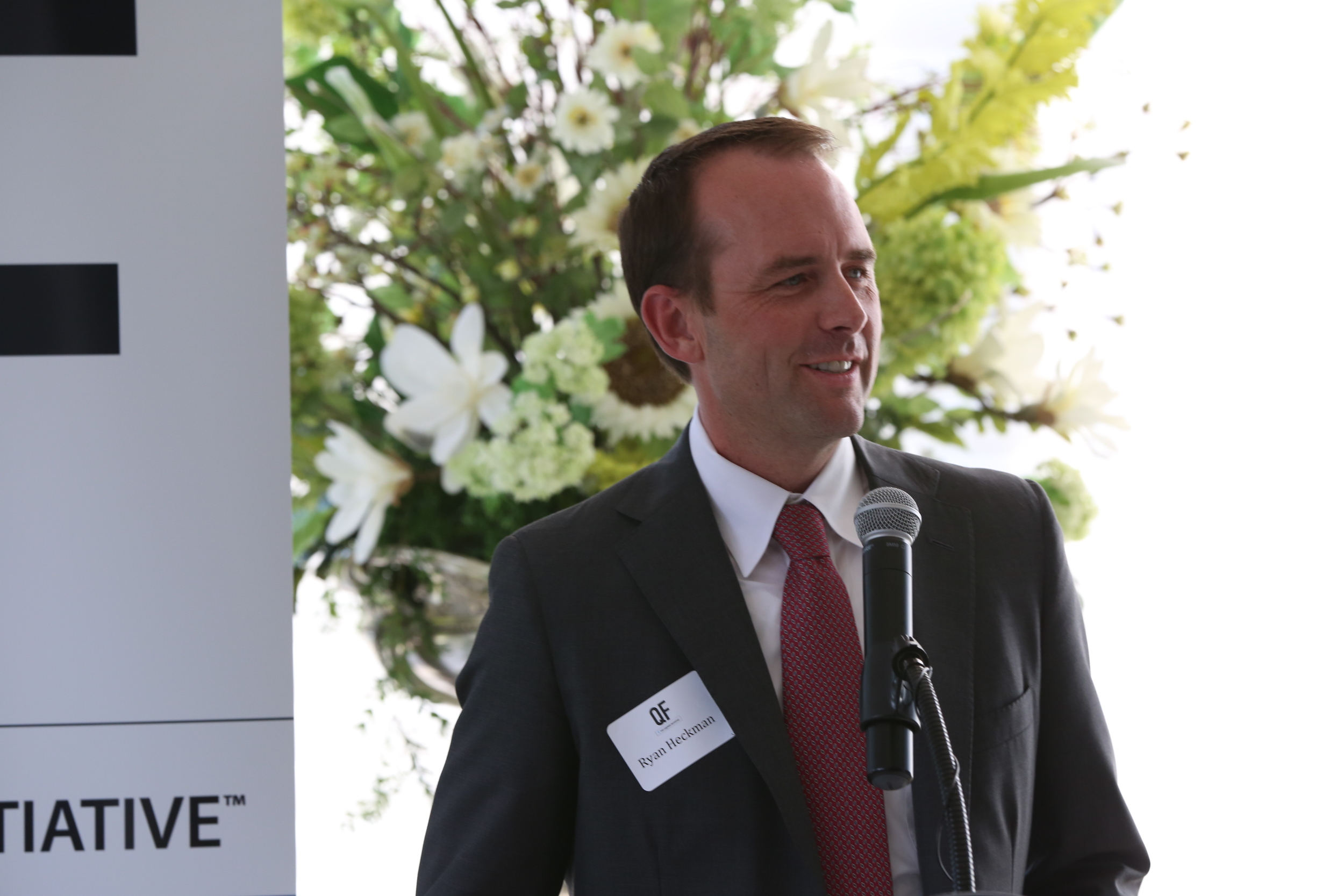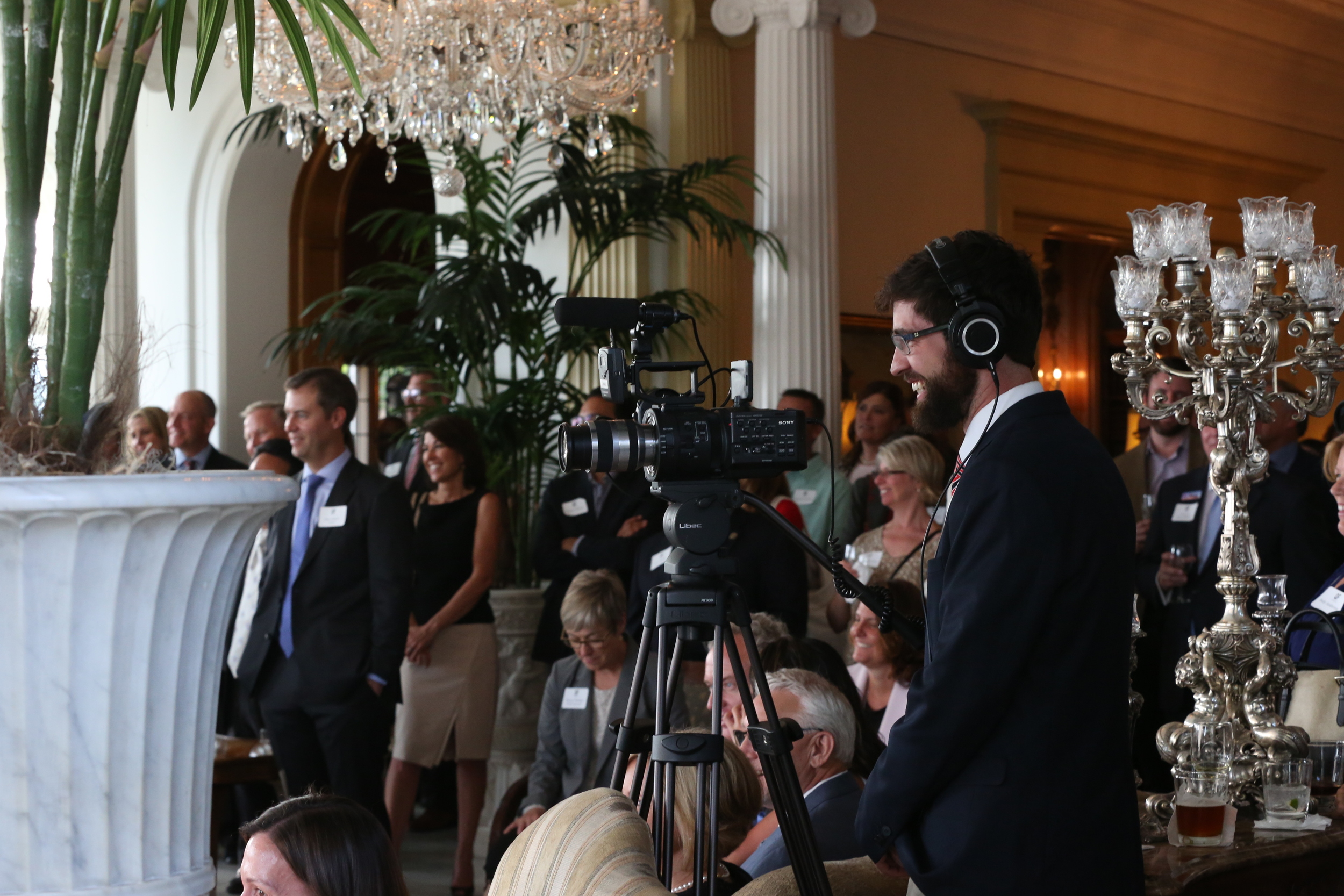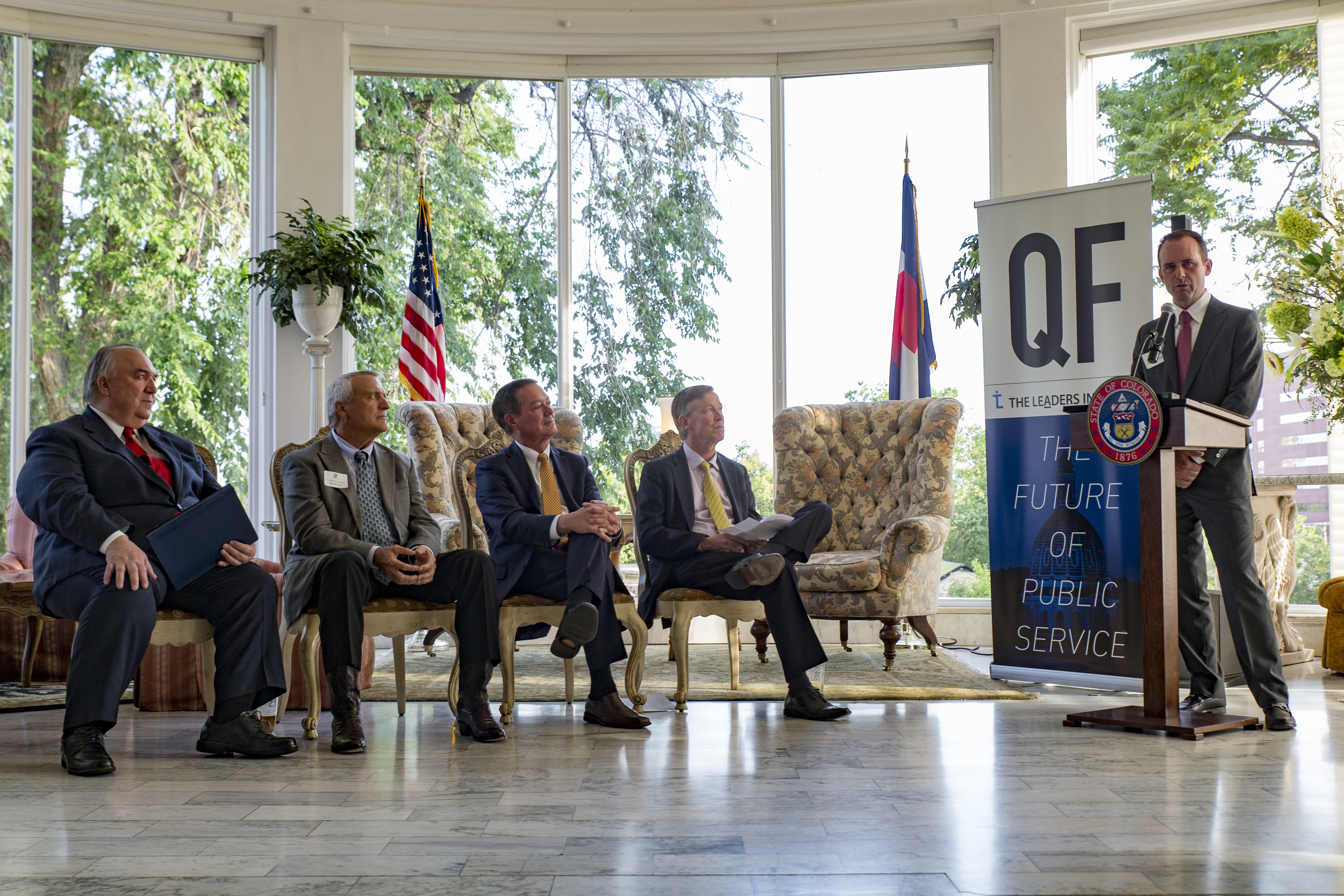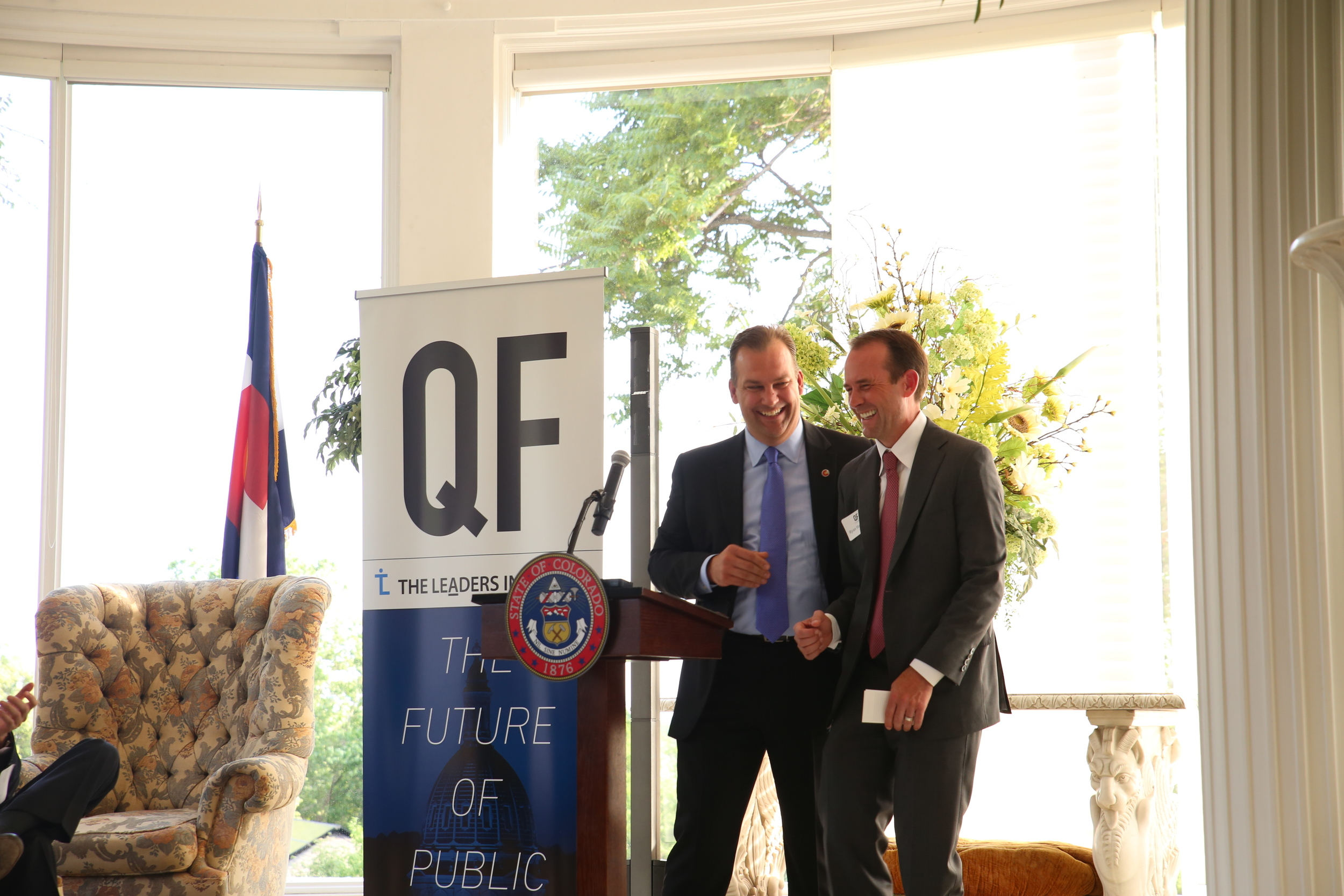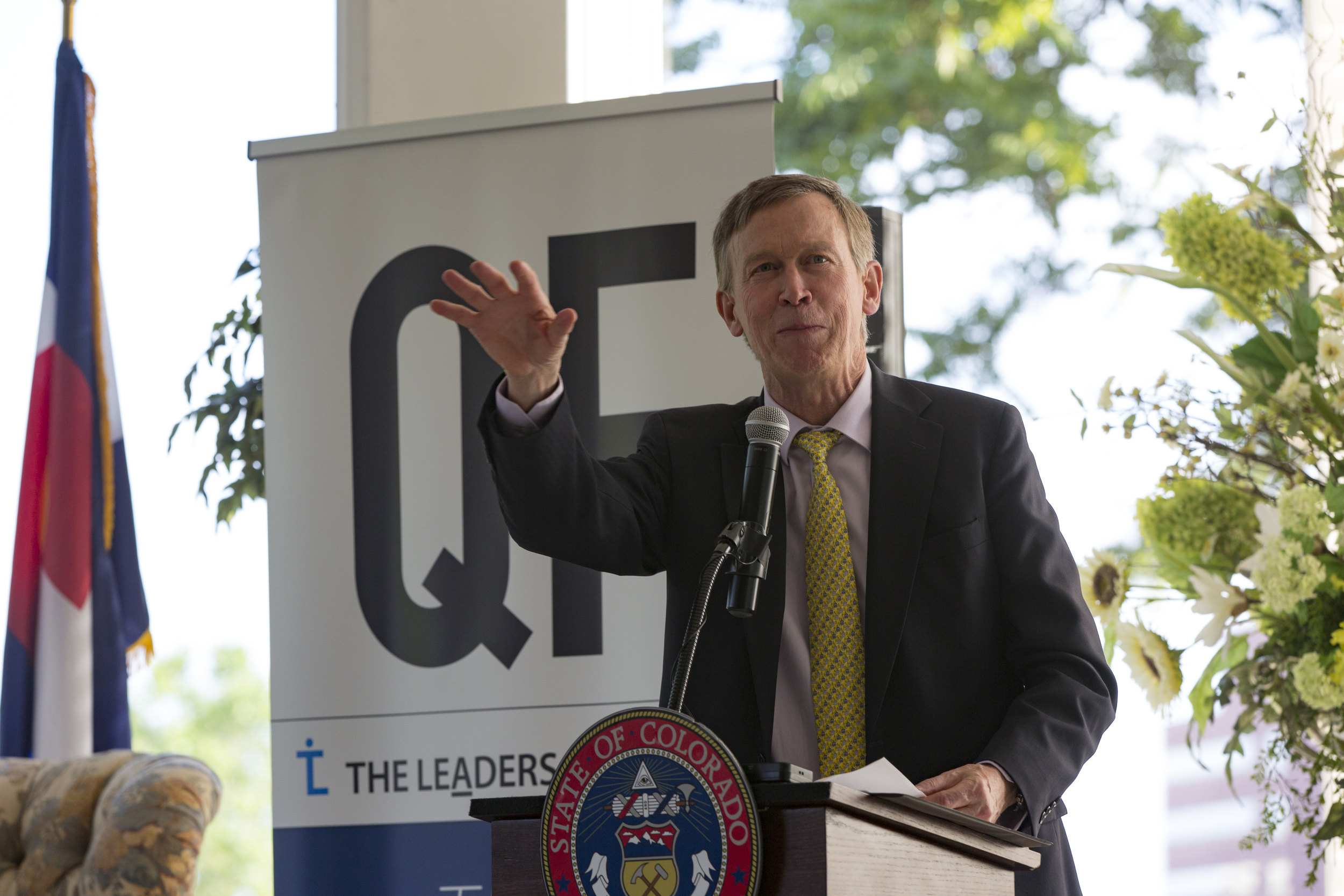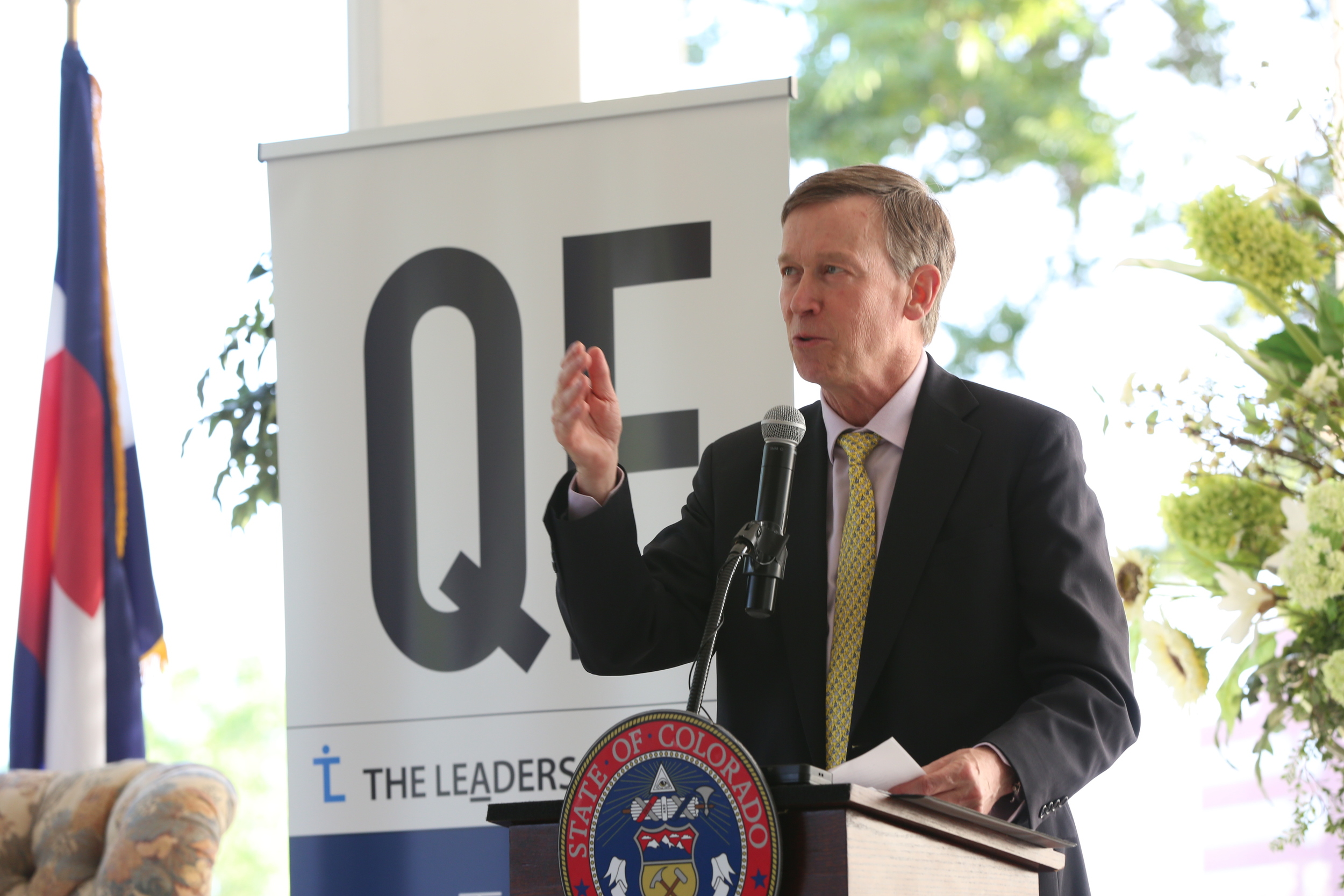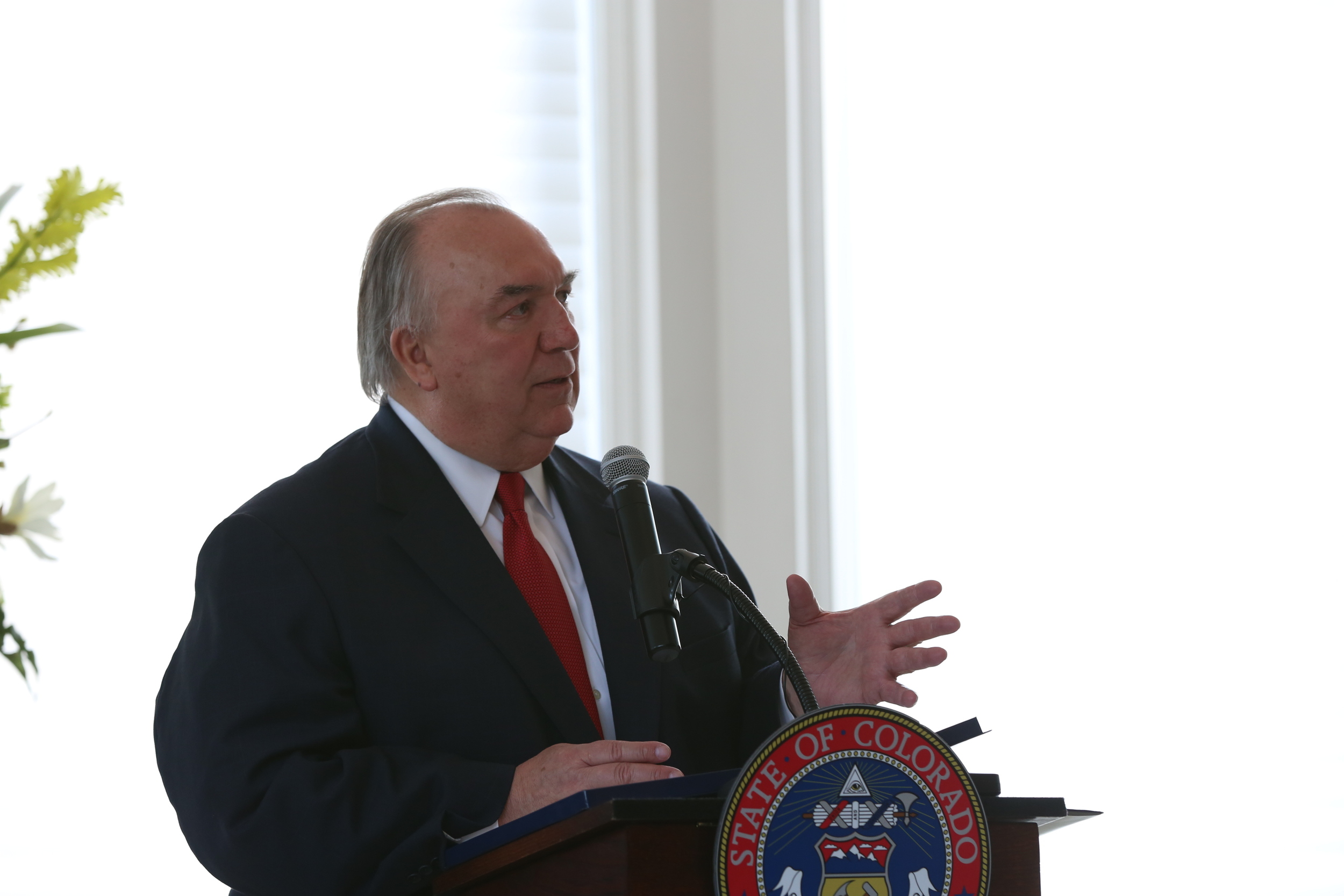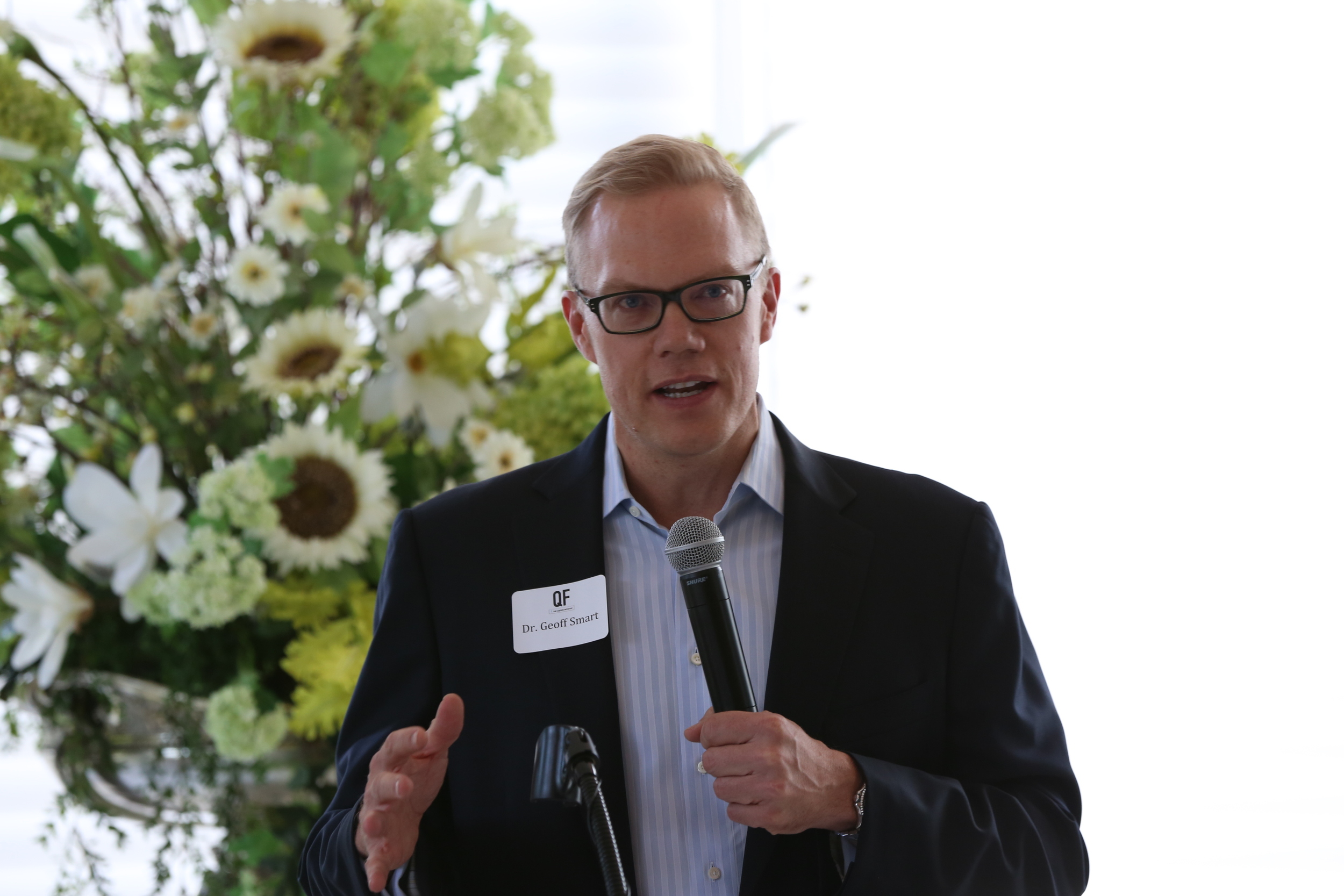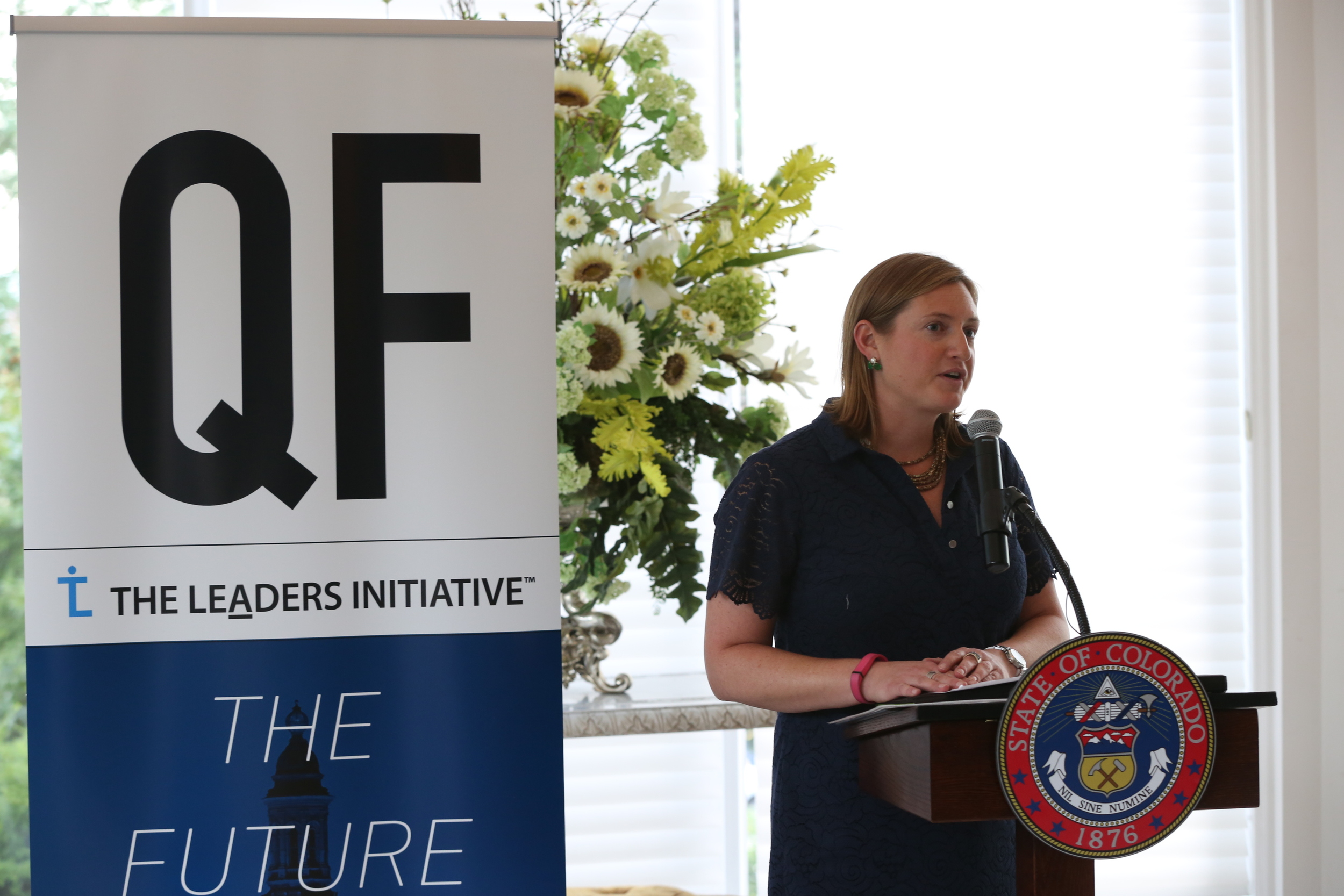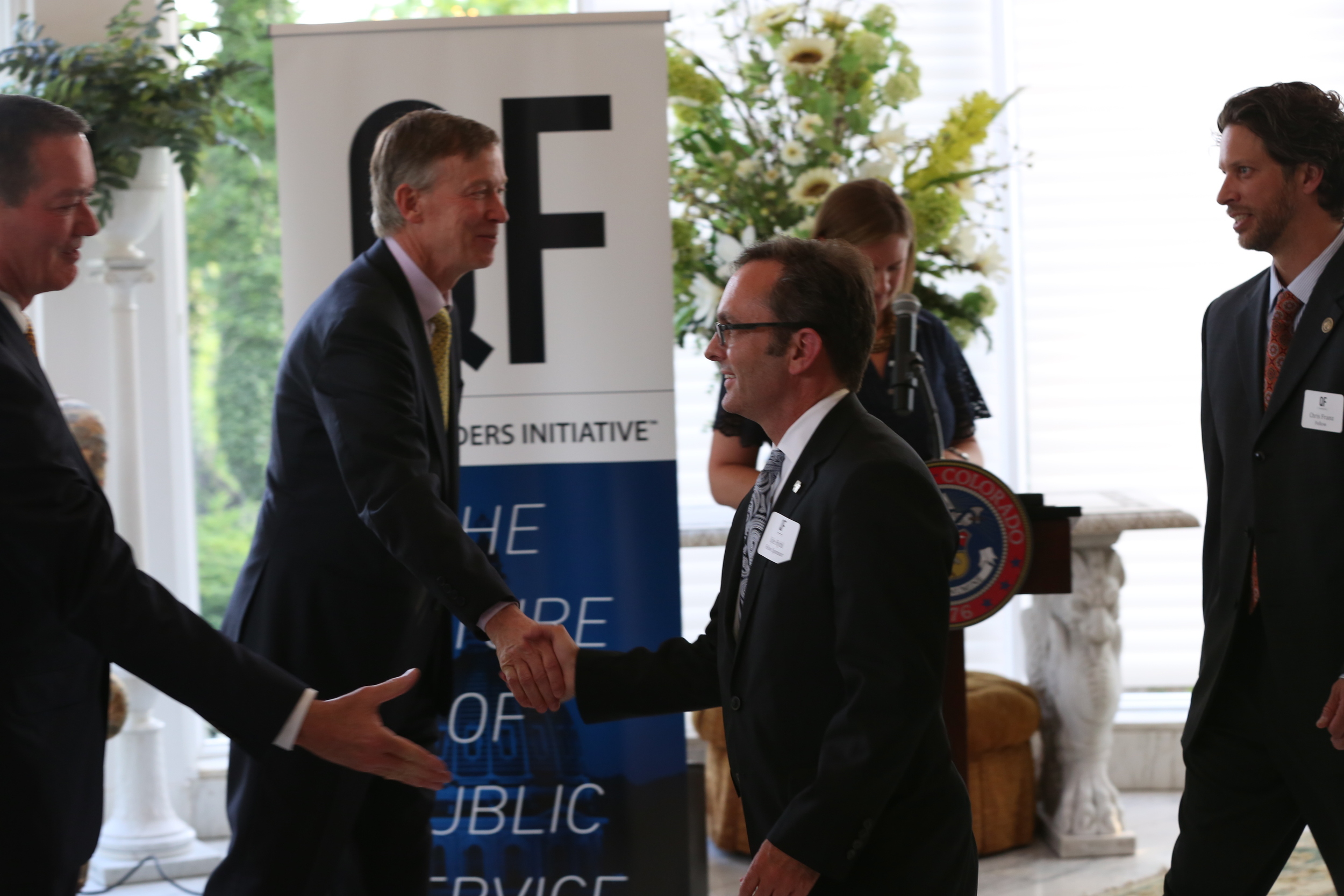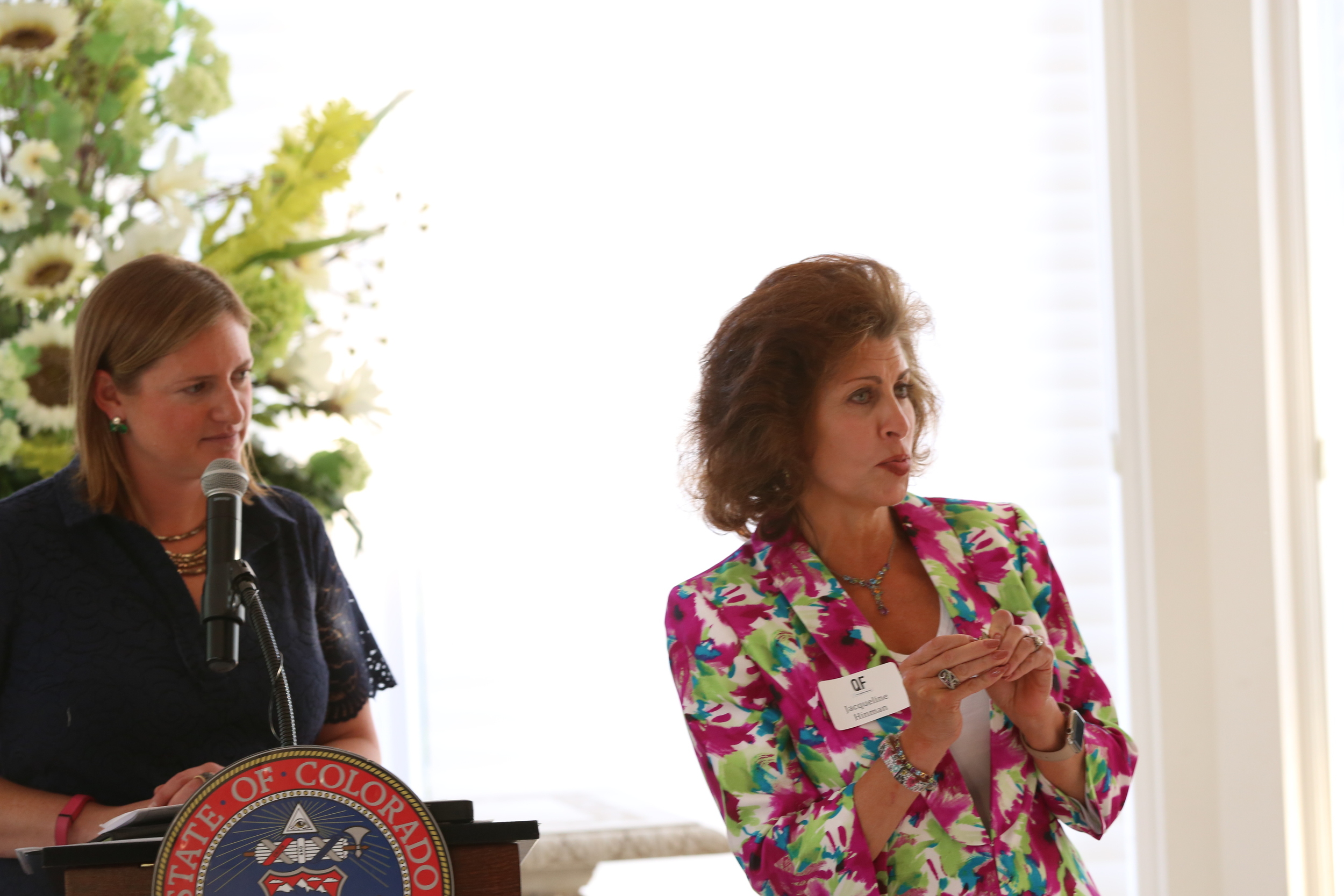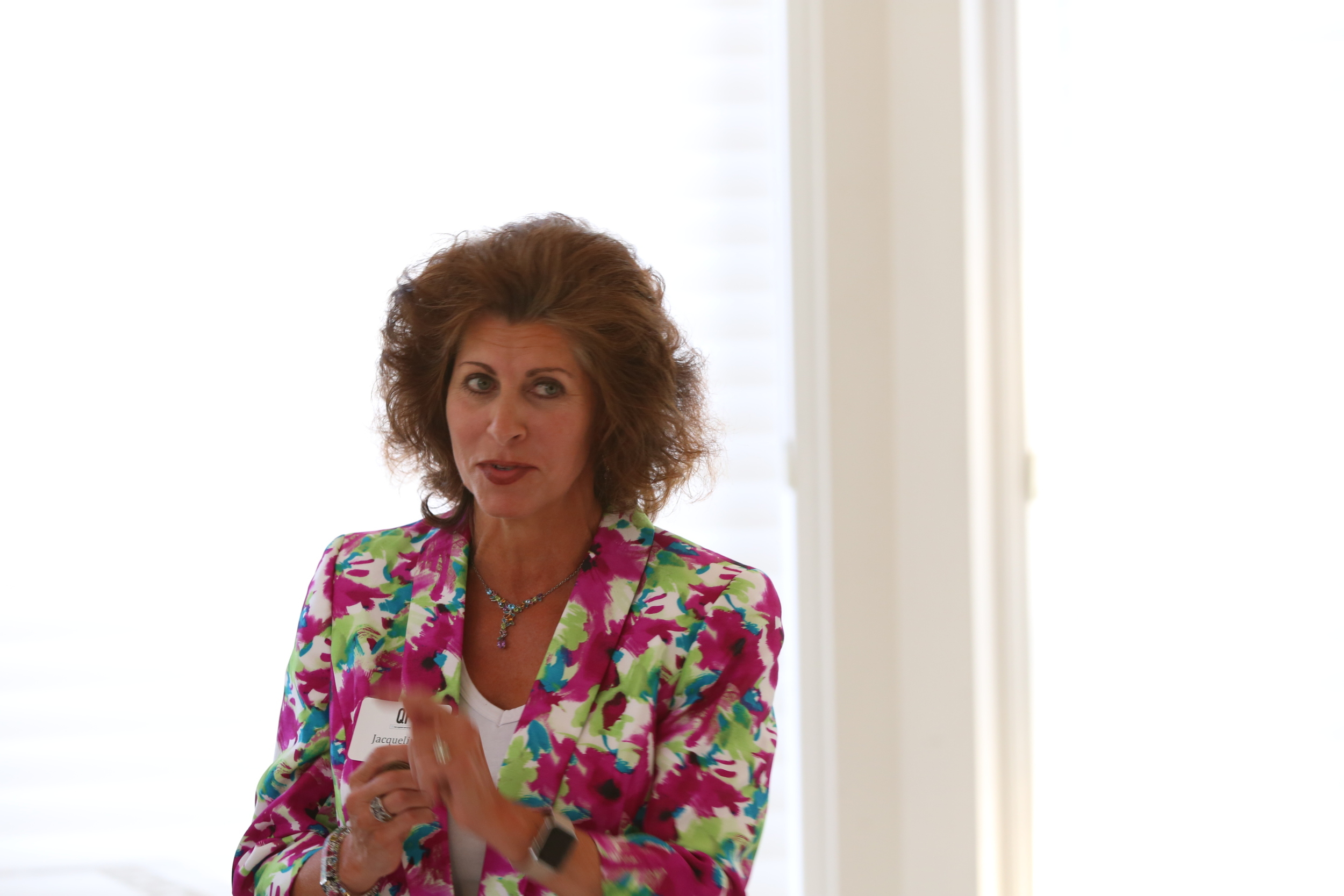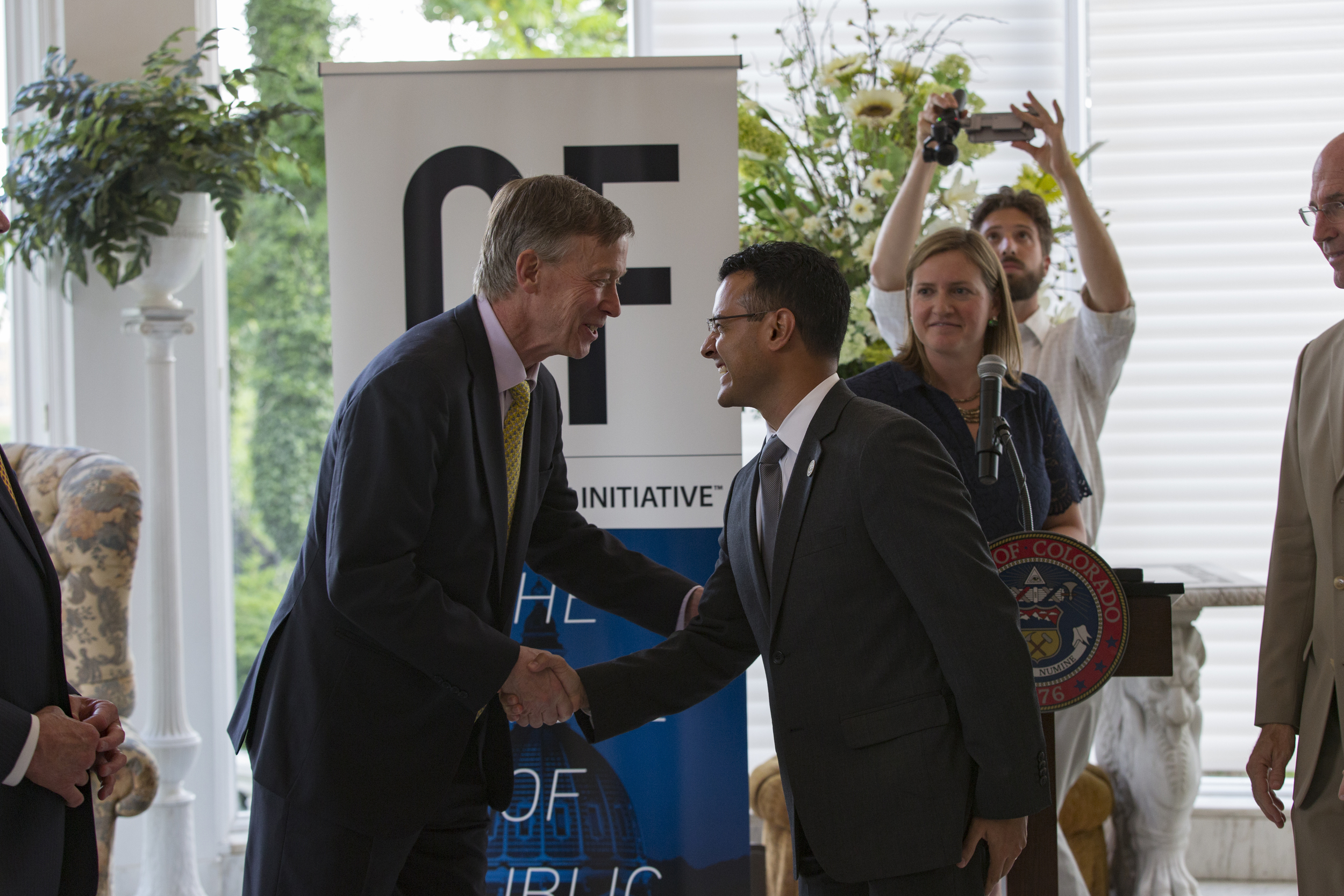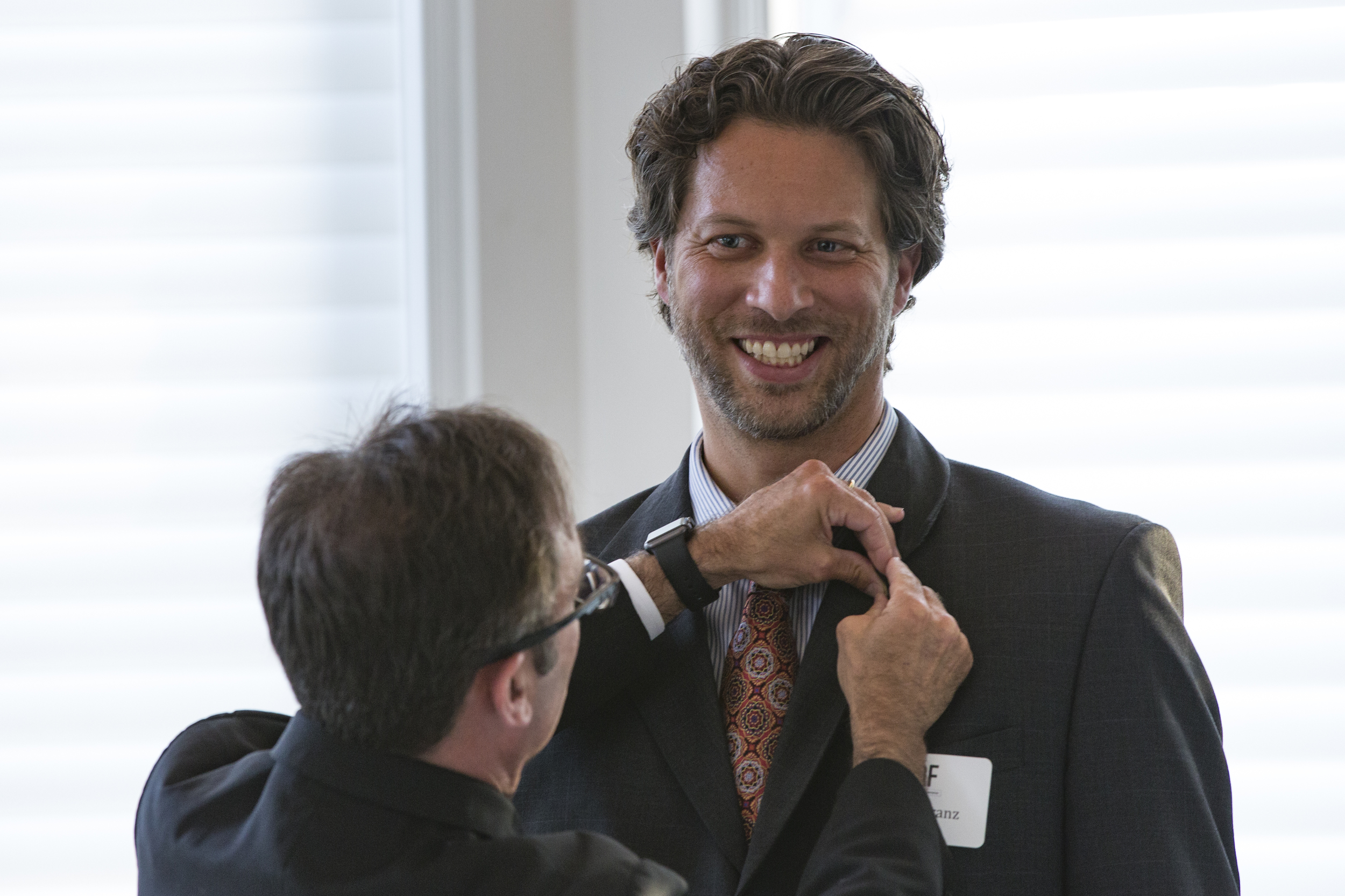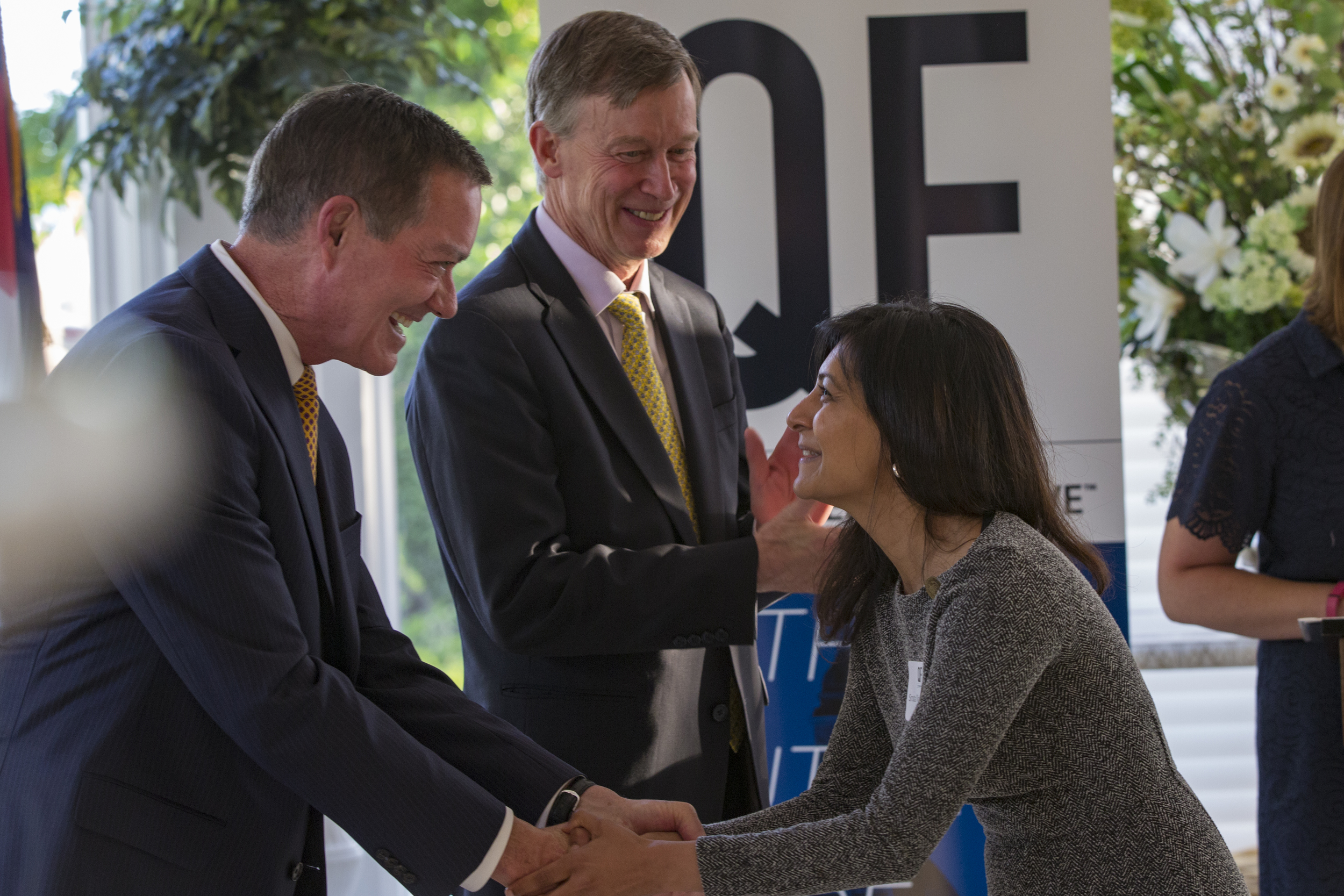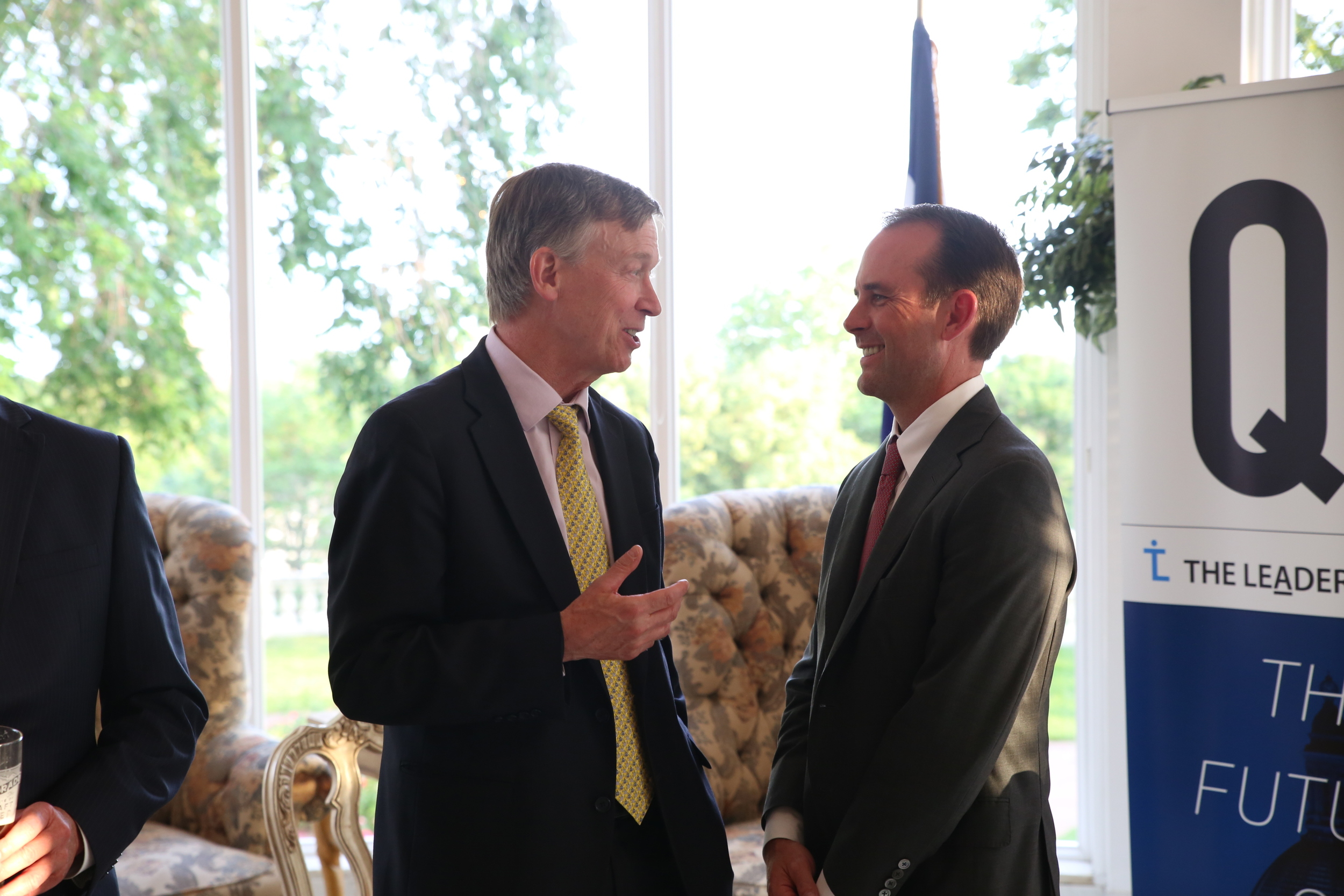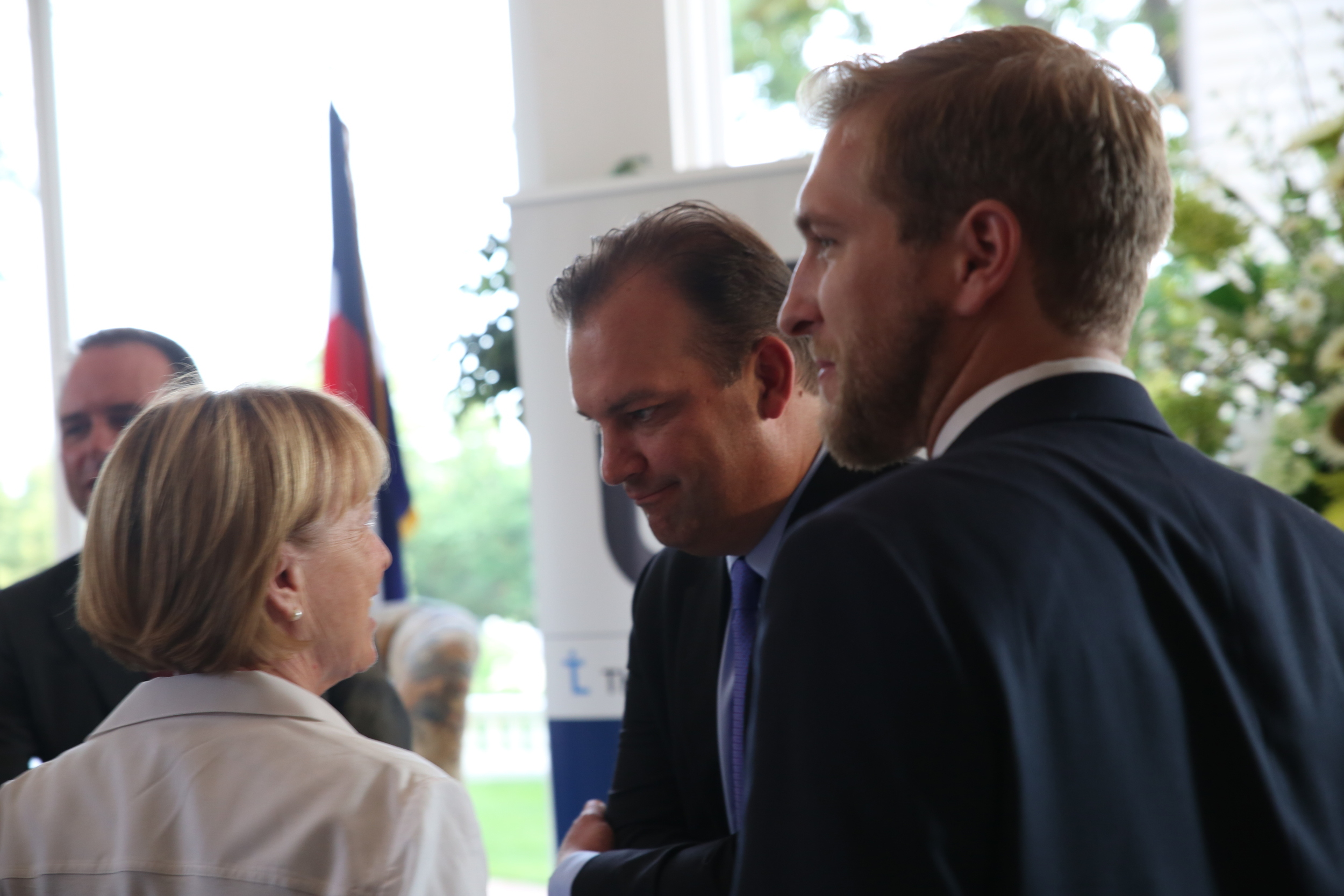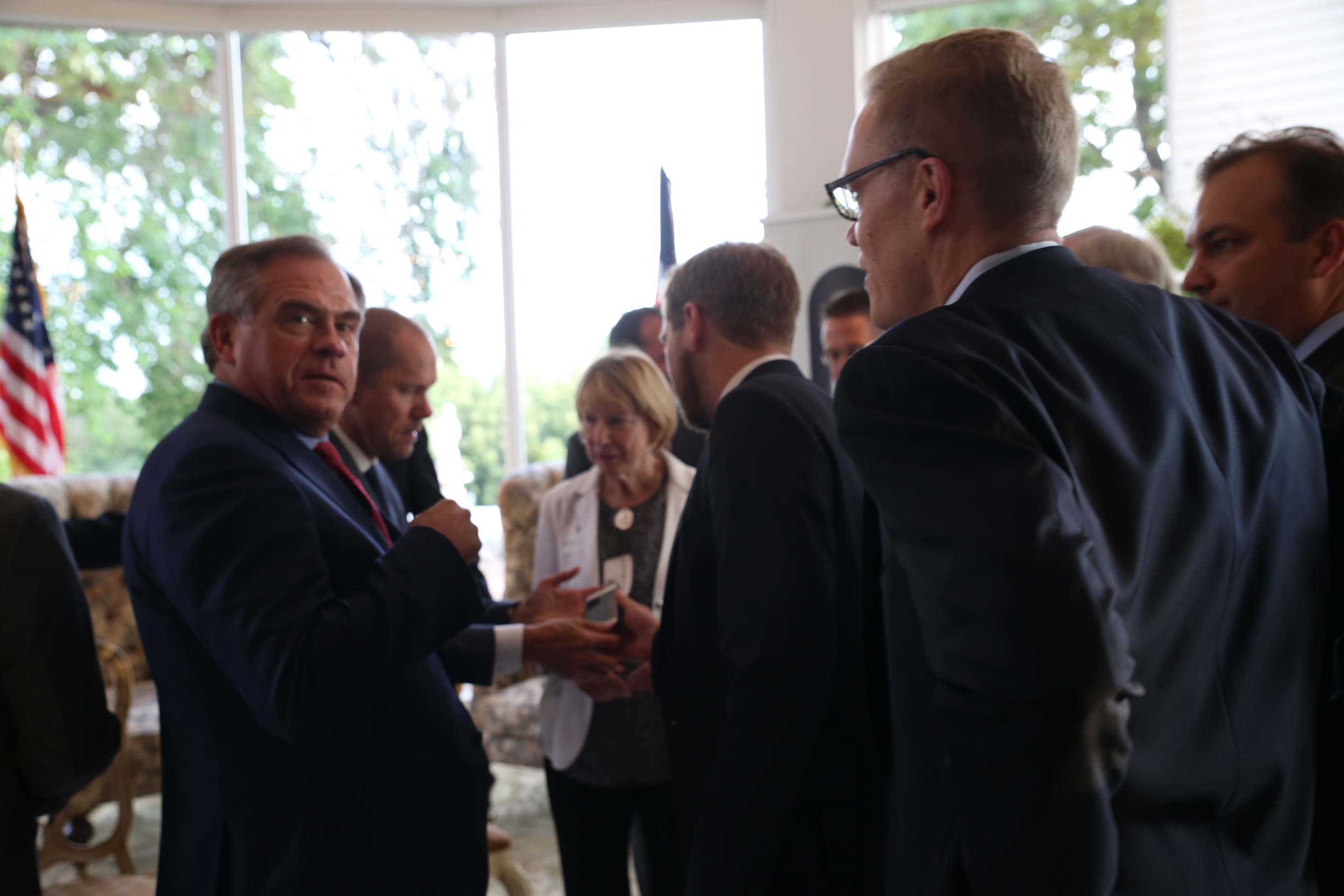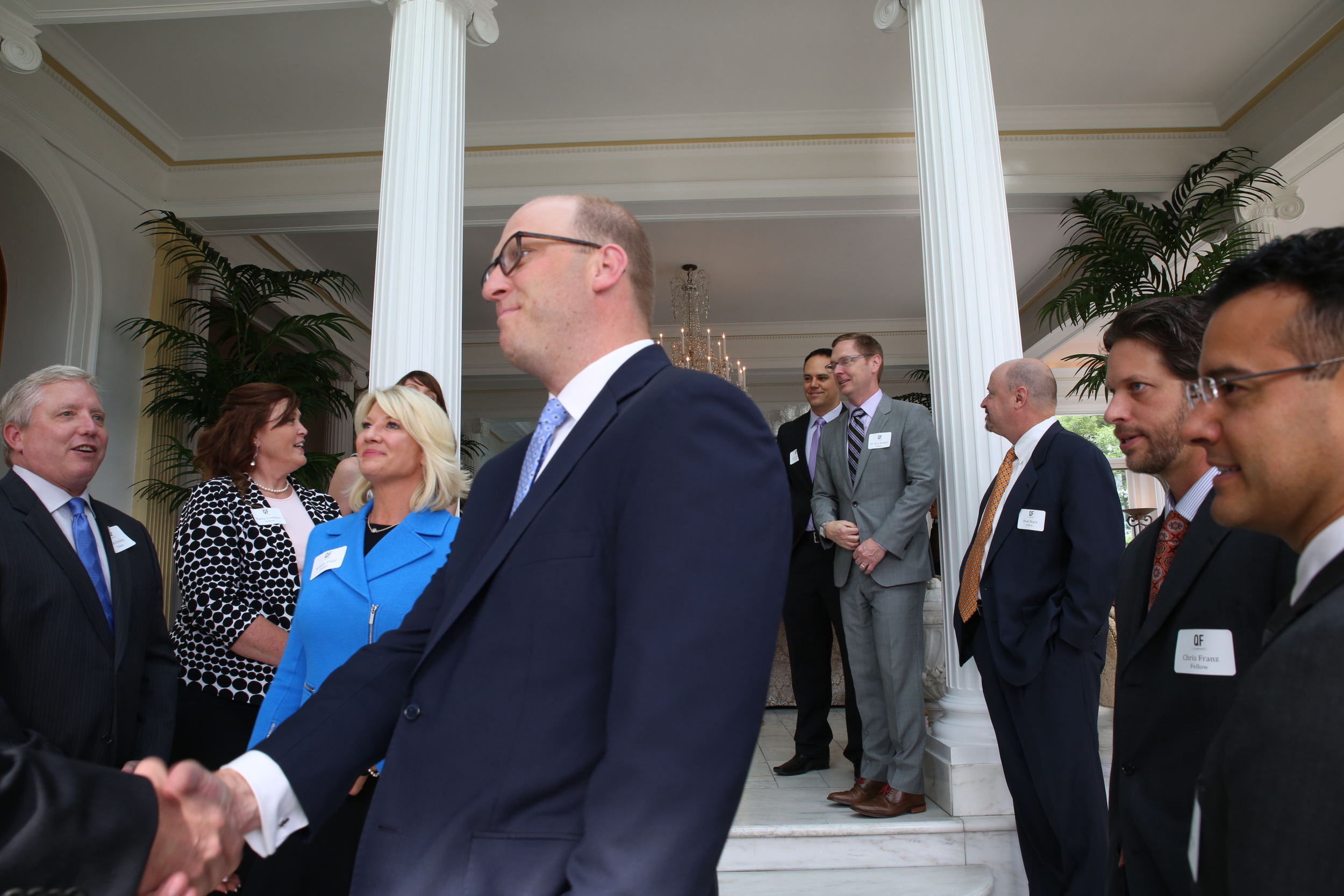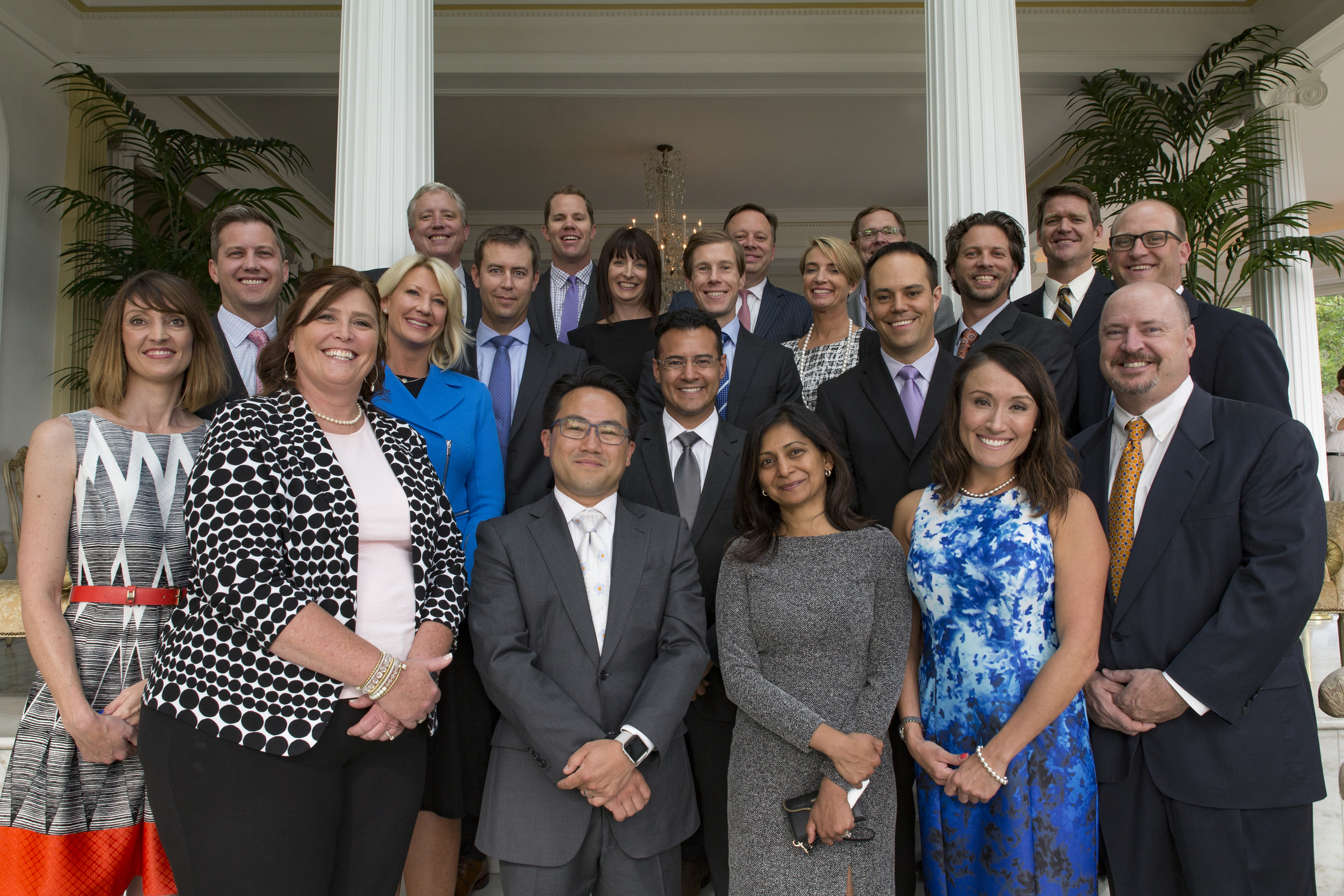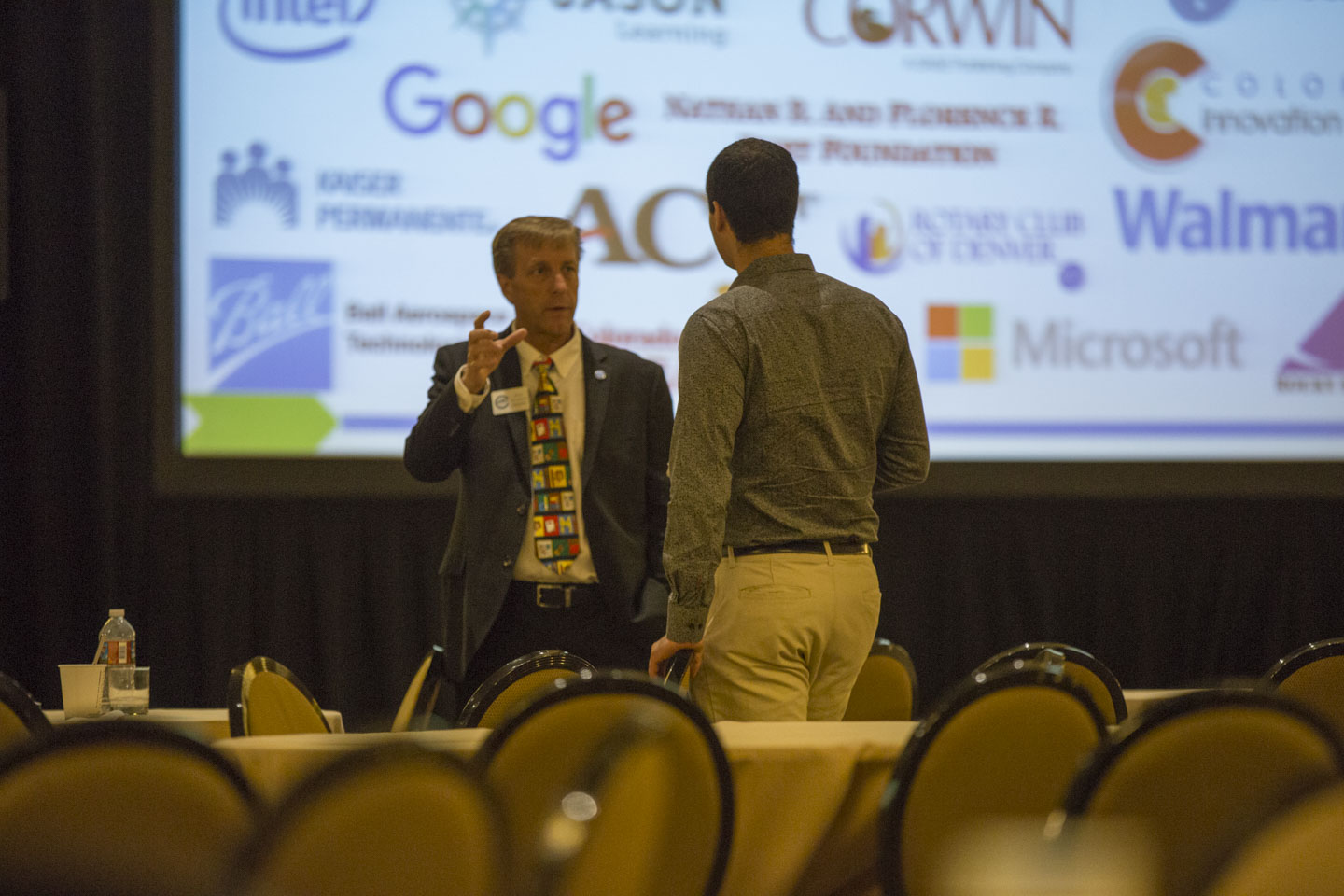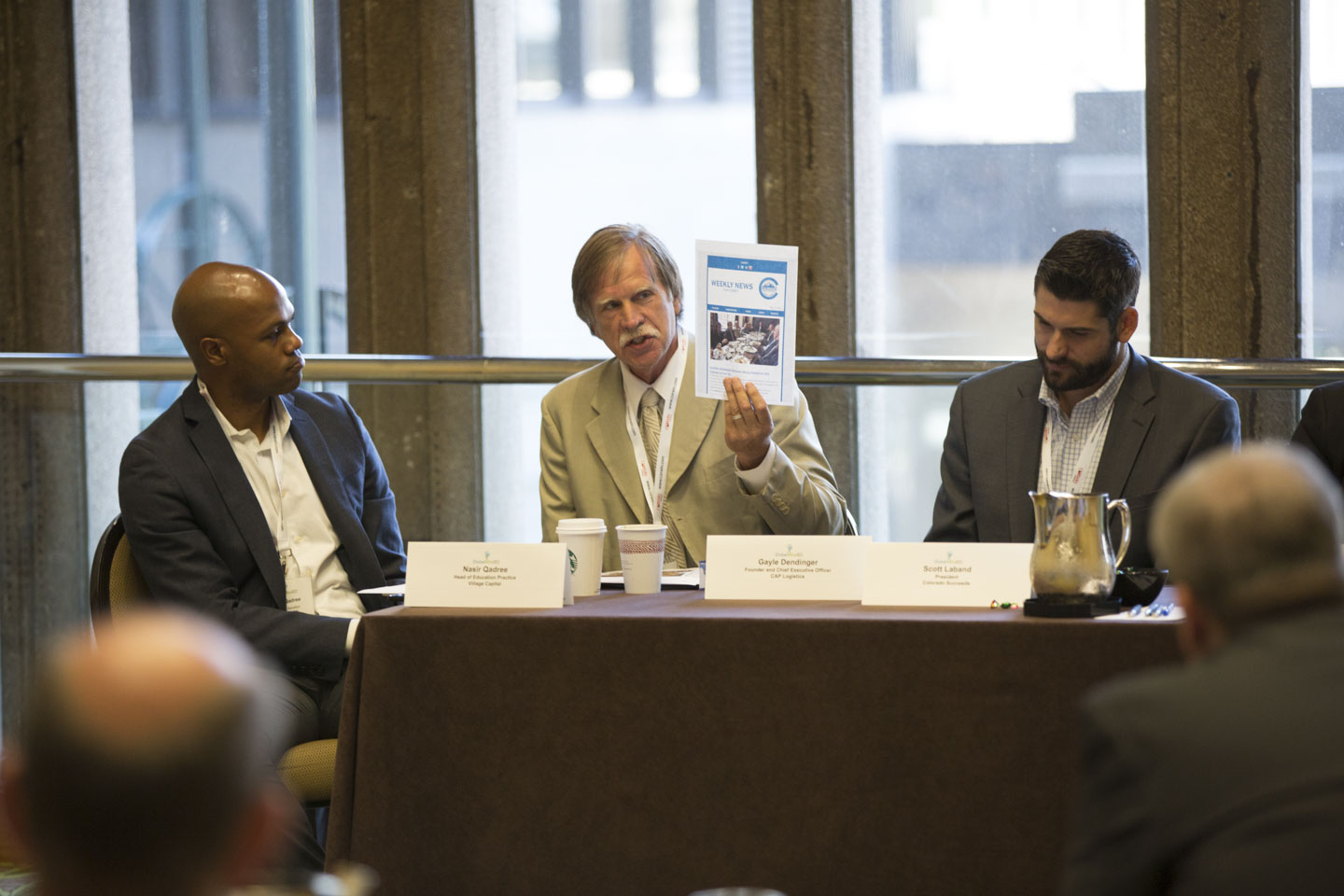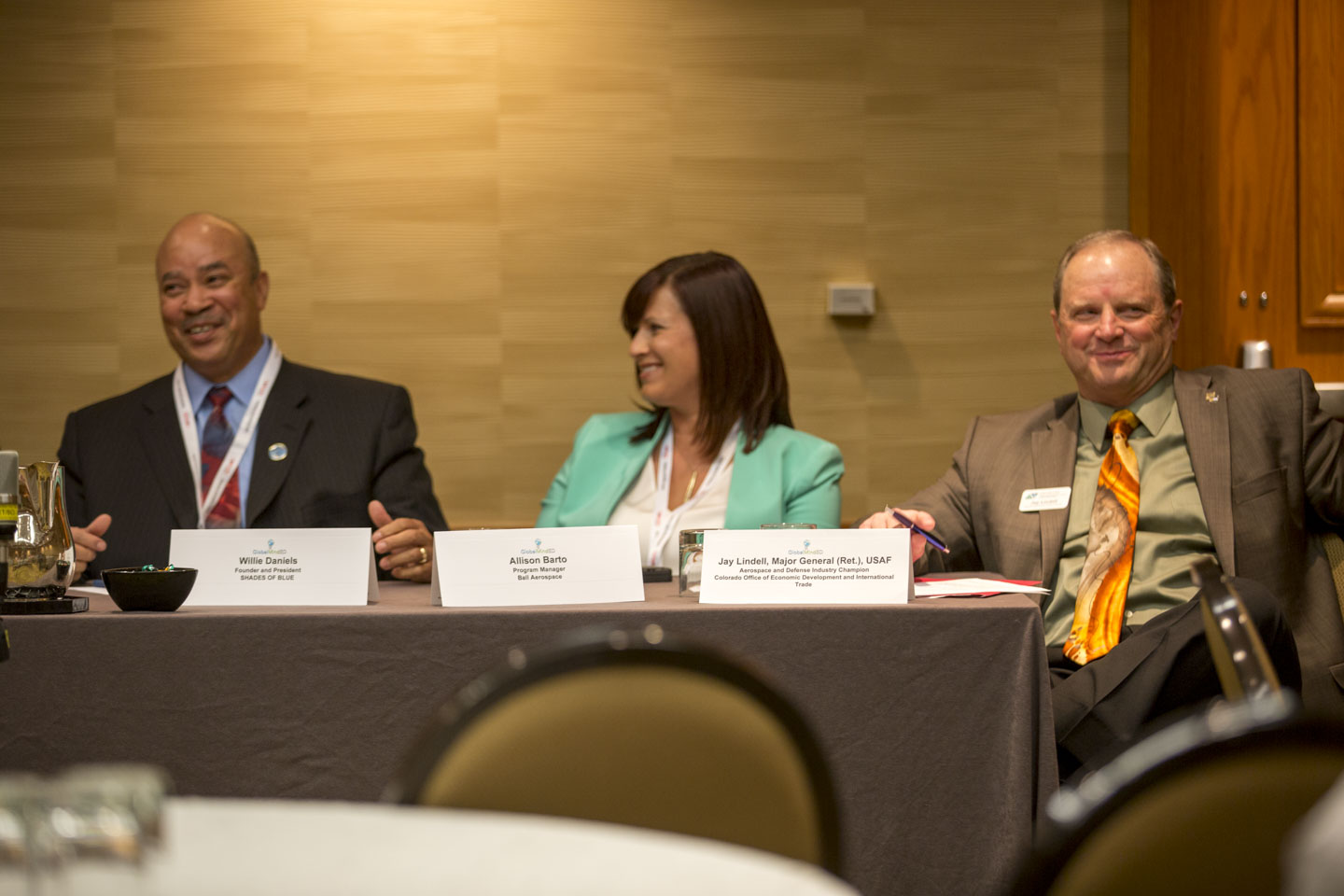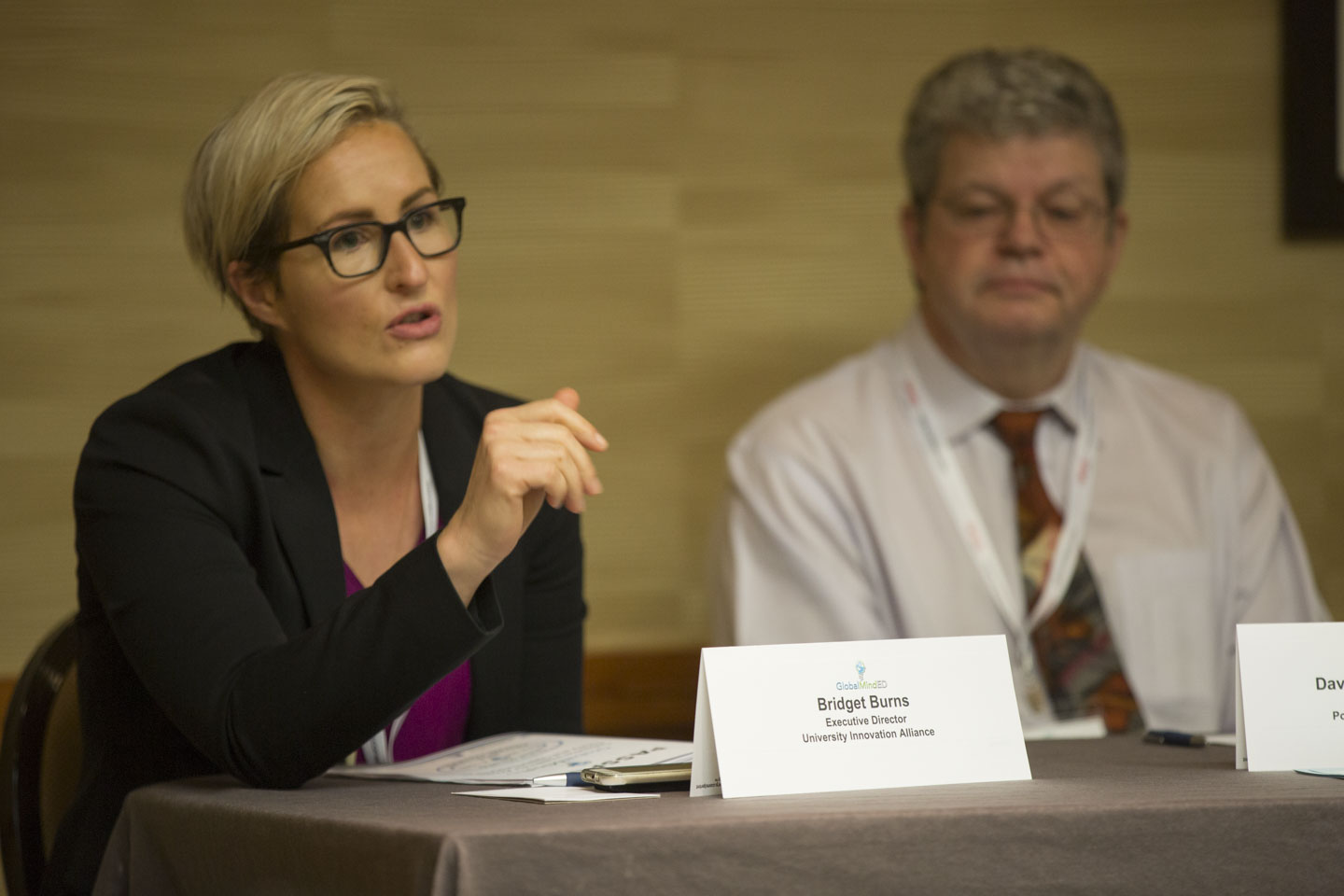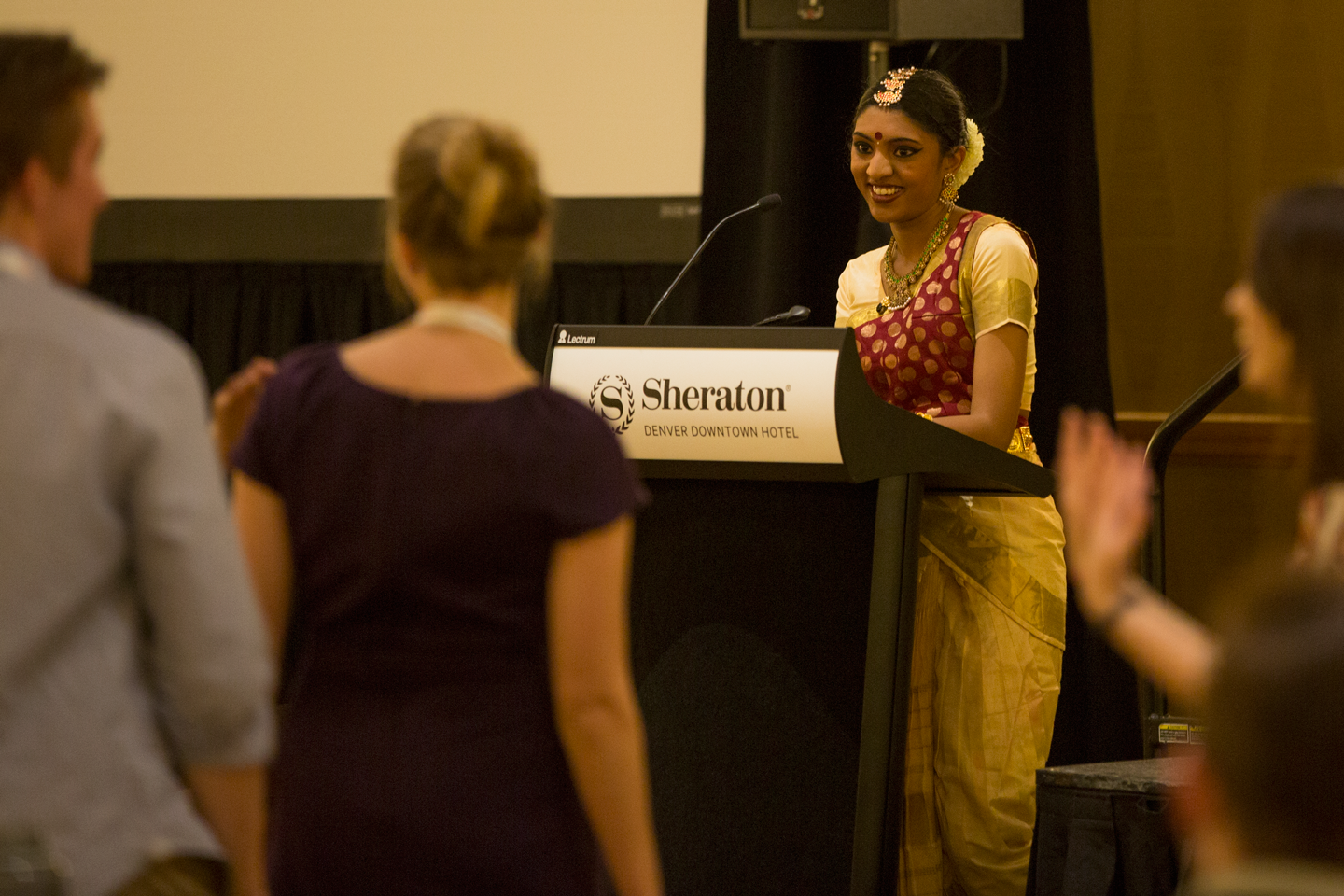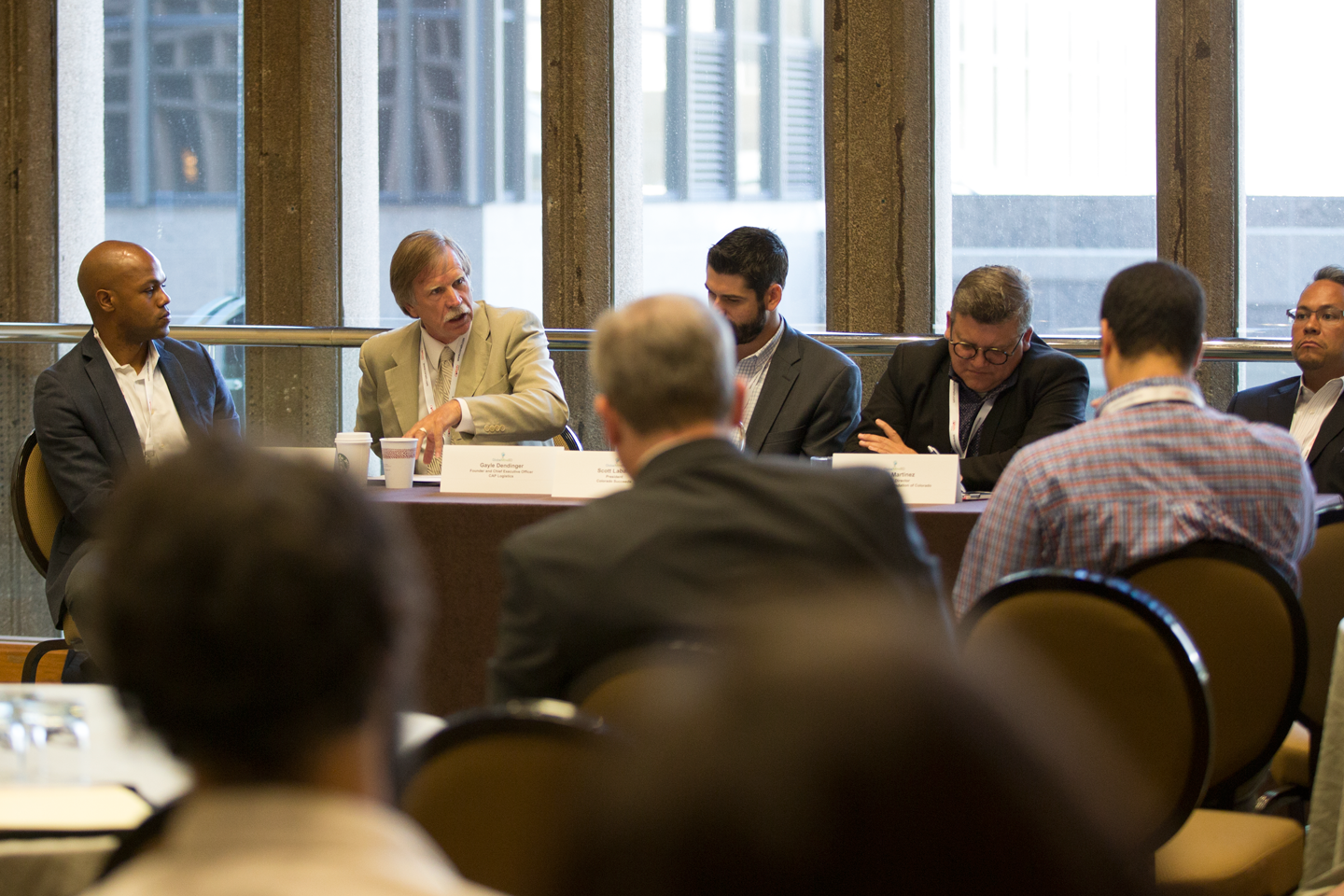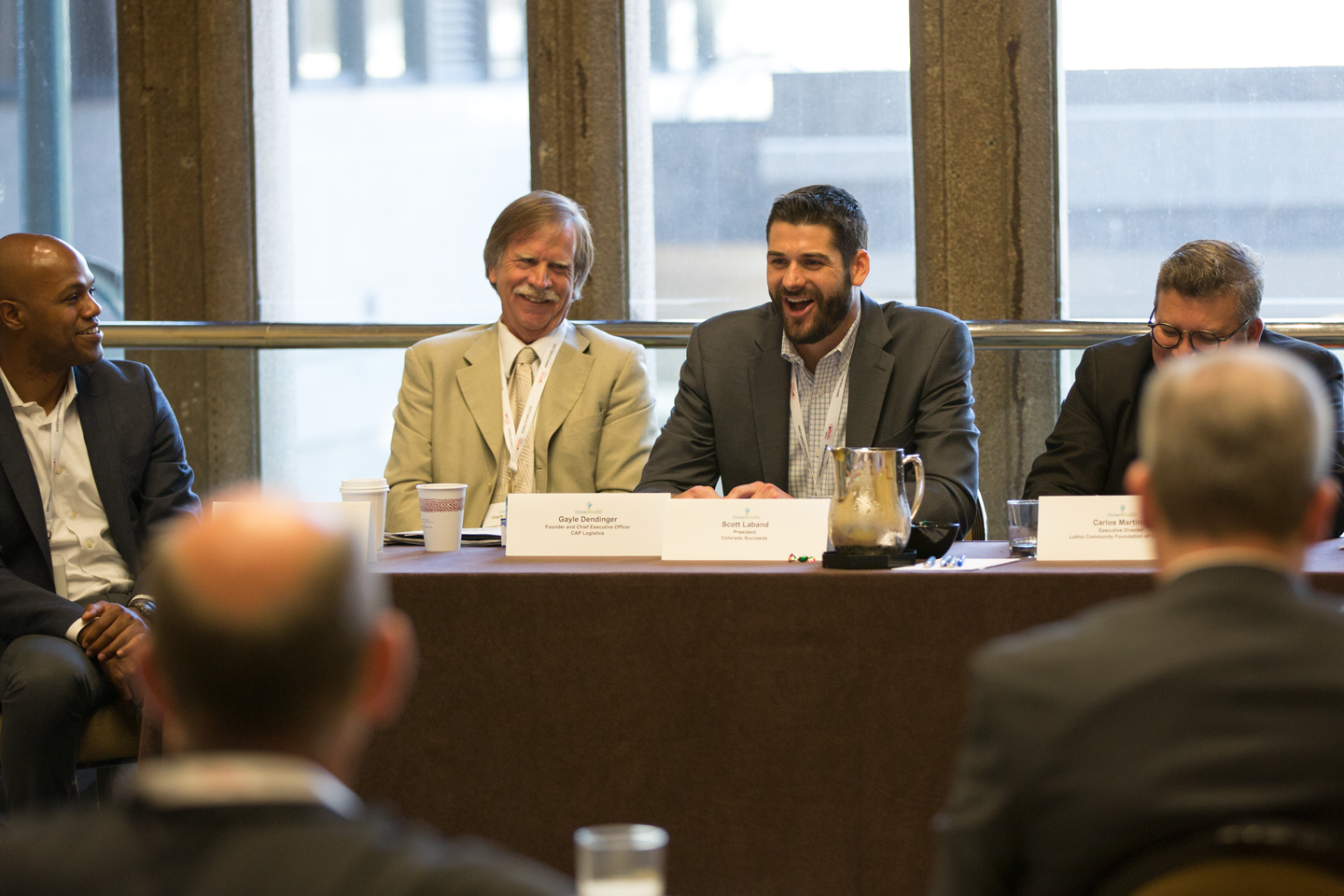The University of Colorado Boulder is sharpening its focus on leadership, offering a thriving minor, a speaker series launching next month with a visit by former Secretary of Defense Robert Gates and new courses aimed at fostering leadership in students with a diverse array of backgrounds and career paths.
“It is a common refrain you hear from employers in both the nonprofit and for-profit sectors. We need more leaders, better leaders and more effective leadership,” says former CU Boulder President Alexander Bracken, who now holds the Quigg and Virginia S. Newton Endowed Chair in Leadership.
According to one recent survey by Payscale.com, 44 percent of hiring managers say recent college graduates lack leadership skills. To fill the gap, CU Boulder in 2014 launched a new Leadership Studies Minor designed to reach across all colleges, complement any academic major and be open to any undergraduate. Today nearly 400 students – from artists and dancers to physicists and future physicians - are pursuing it. To manage the rapid growth of the program, now housed in the School of Education, CU Boulder recently hired a new program director and is adding course sections to keep class sizes small.
Courses for the 16-credit minor cover everything from leadership theory to the exploration of benevolent and toxic governmental leaders across the globe and throughout history and the value of good writing in affecting change. Students also put their leadership lessons to work via partnerships with community organizations.
Integral to the minor, and to the university’s broader leadership focus, is the idea of exposing students up-close and personal to people who have effectively led people.
To do that, CU Boulder launched the Leo Hill Distinguished Leadership Speaker Series, which kicks off Tuesday, Feb. 28, with a public lecture and classroom visit by Gates. Gates served as secretary of defense under George W. Bush and became the only secretary of defense in U.S. history asked to remain in that office by a newly elected president, Barack Obama.
“He was an amazing bi-partisan leader who was not afraid to ask questions and challenge the normal ways of operating across party lines,” says Kira Pasquesi of Gates. Pasquesi is the program director and an instructor for the leadership minor.
Pasquesi says effective leaders are good listeners, team builders and critical thinkers who have moral courage and keep ethics in mind when framing their decisions. But she says students often have to unlearn certain things they assume about what a leader looks like or what position leaders hold in companies and organizations.
Today’s effective leaders are “less hero” and “more host,” less “all-powerful knower and manager” and more “facilitator who is attentive to people’s needs and recognizes leadership as a process of shared visioning,” she said.
Most importantly, according to Paquesi, students are encouraged to do some self-reflection and identify their own unique leadership skills and the ways they might be able to apply them today in their daily lives and relationships with co-workers.
Lakshmi Karamsetti is doing just that.
She will graduate this May with a major in molecular, cellular, and developmental biology and a minor in leadership studies, which she credits with helping her discover leadership qualities she never knew she had.
“You don’t have to serve in a leadership position specifically to be a leader, but you do need to believe that you can affect change,” says Karamsetti.
She’s now applying to medical schools and hopes to ultimately get a combined medical and master of business administration degree. Someday, she’d like to craft health care policy.
Tickets for the Gates event are free. They will be available to CU Boulder students, faculty and staff on Wednesday, Jan. 25, and to the public on Wednesday, Feb. 1, at http://www.robertgates.eventbrite.com.
-CU-


